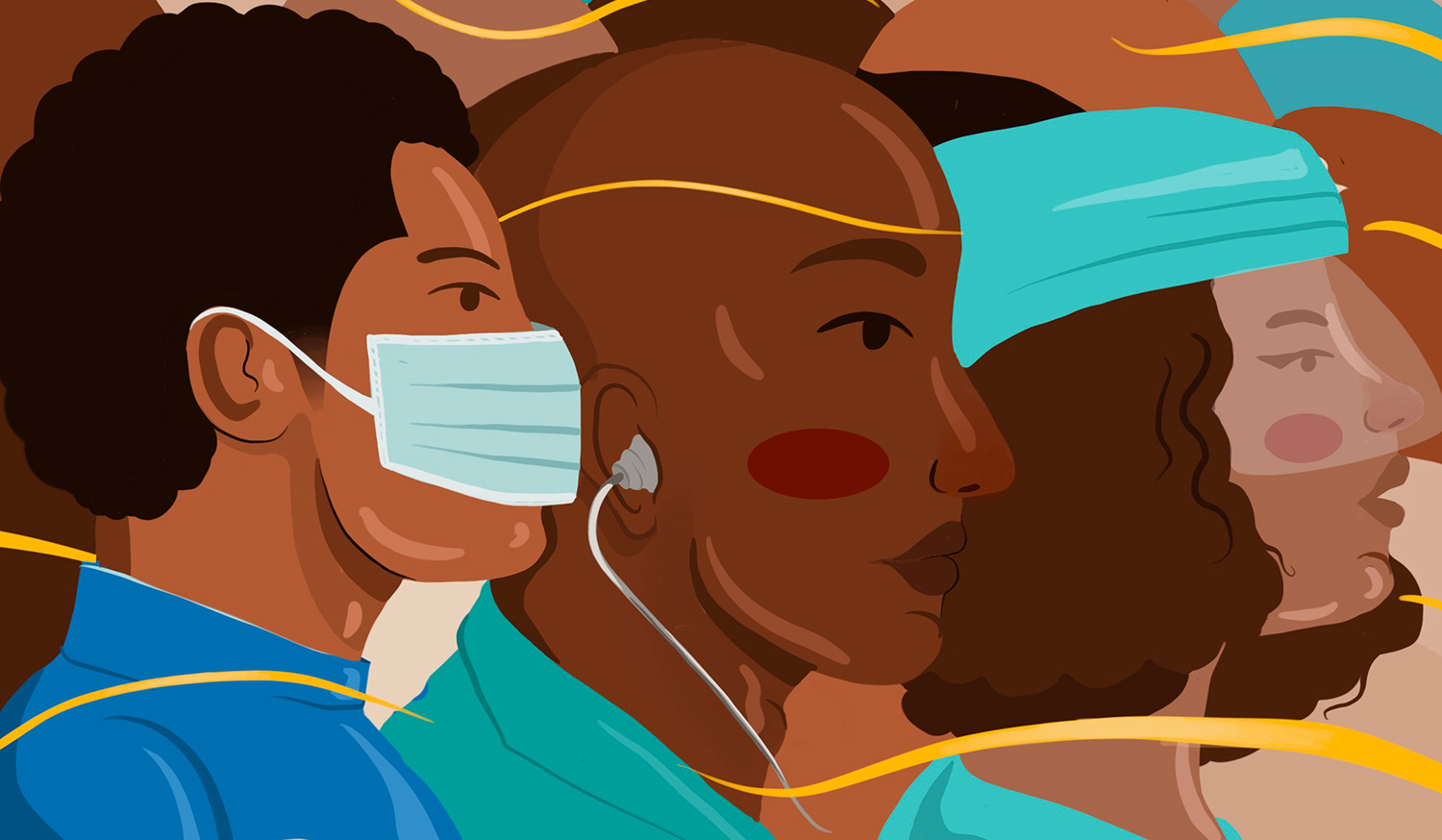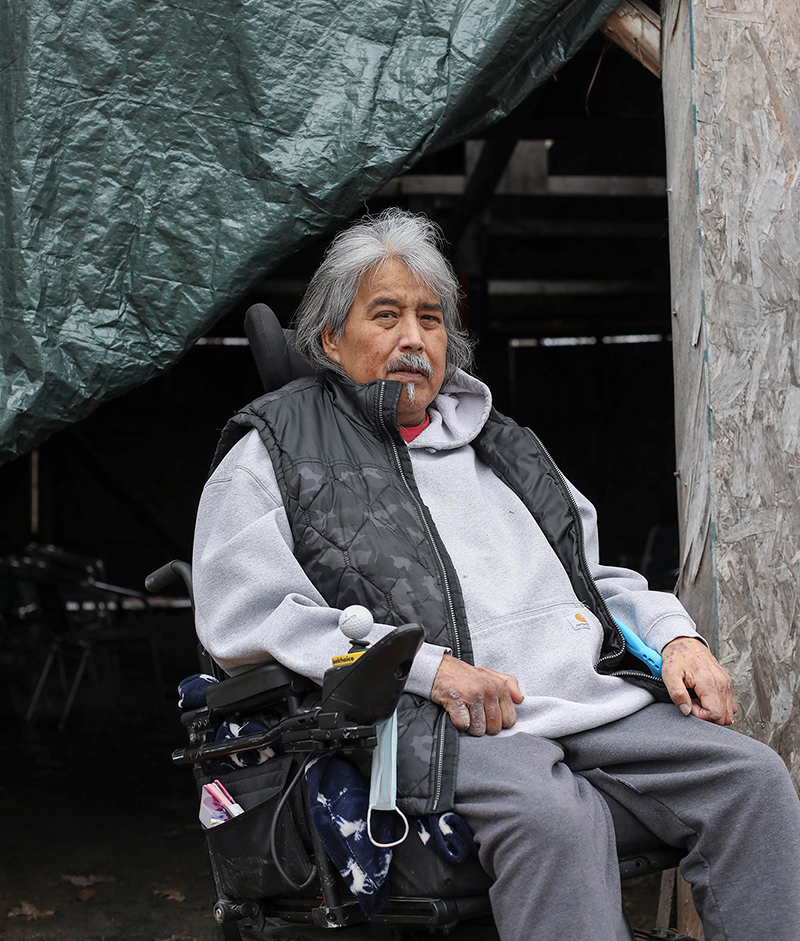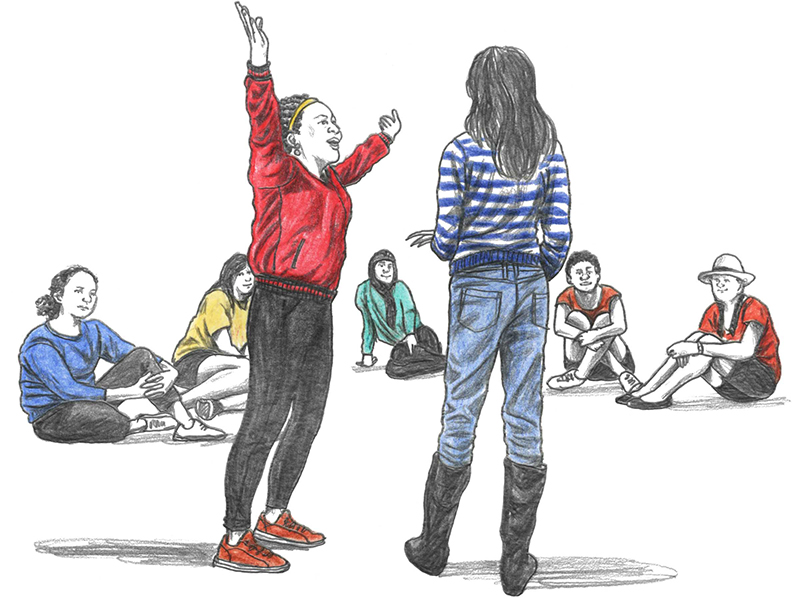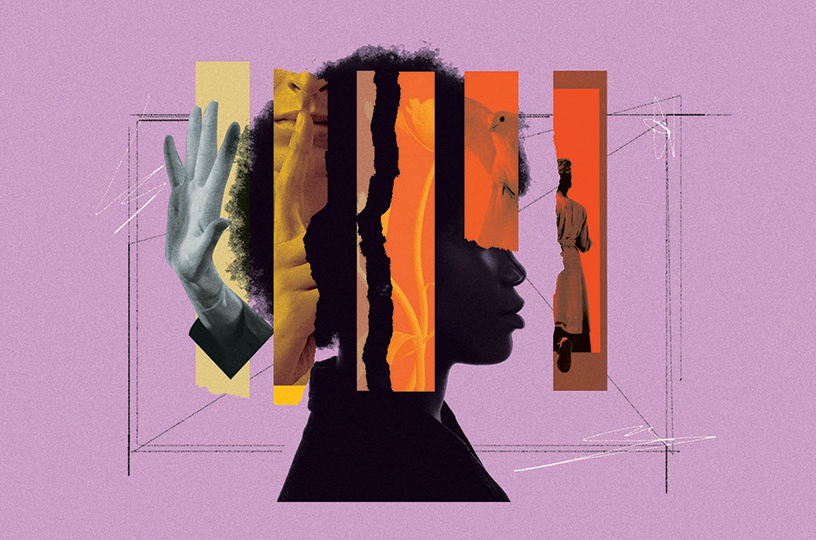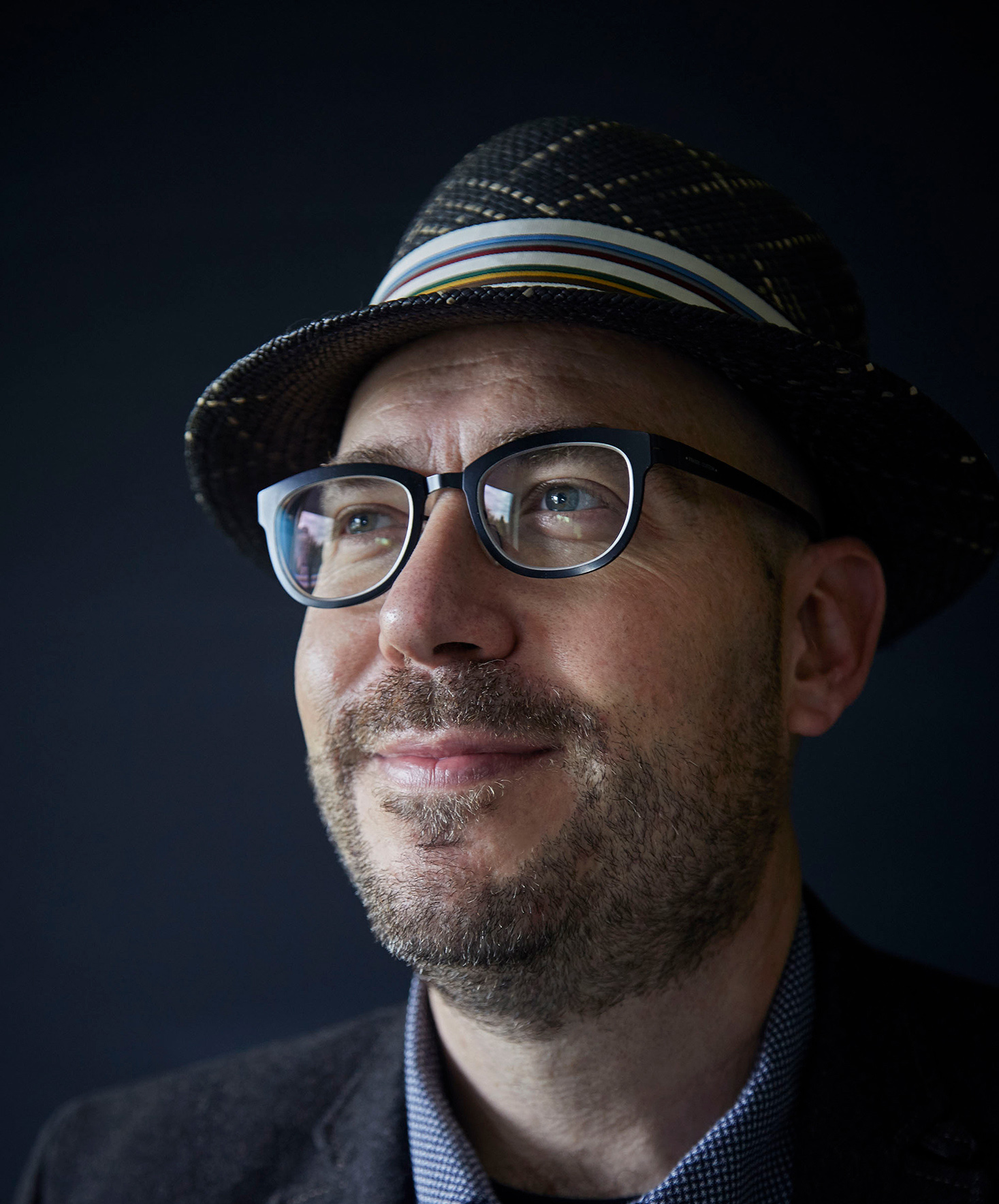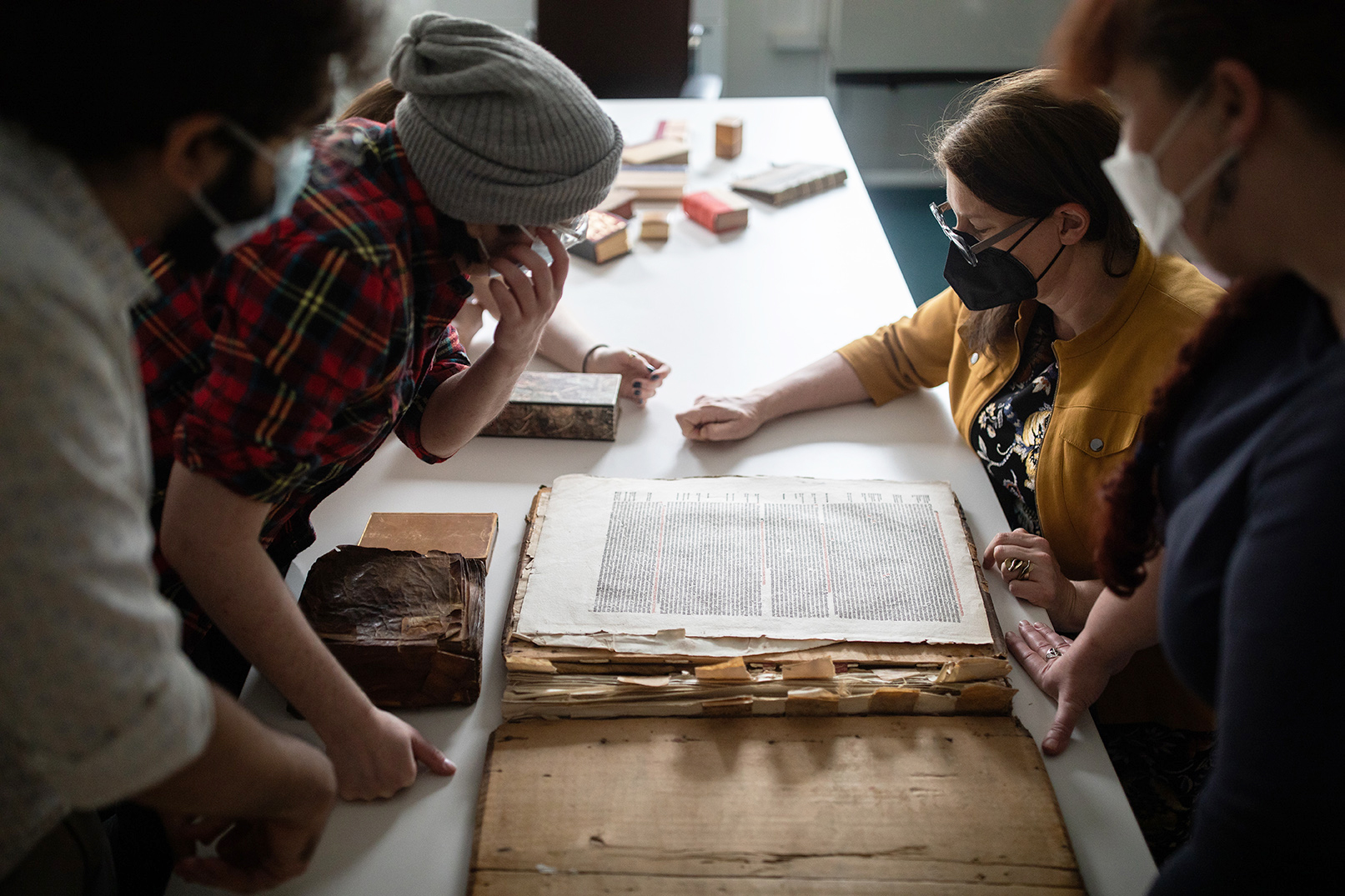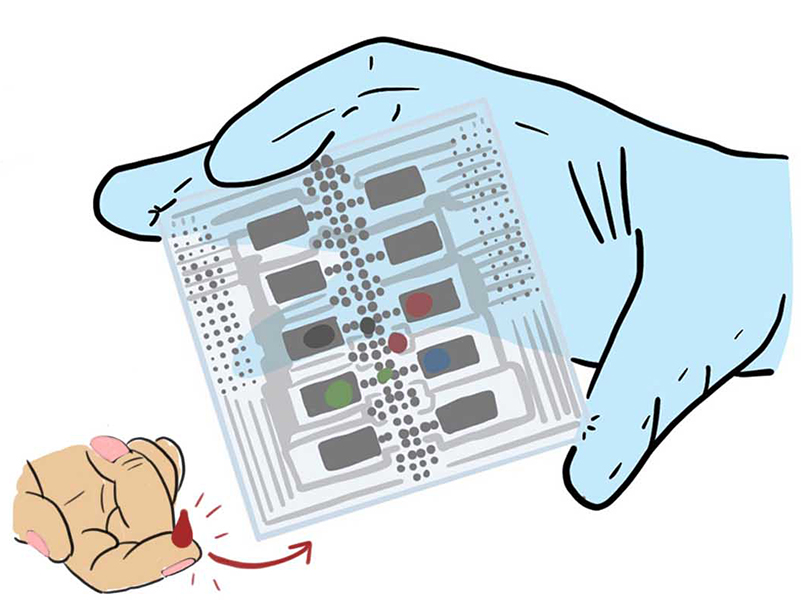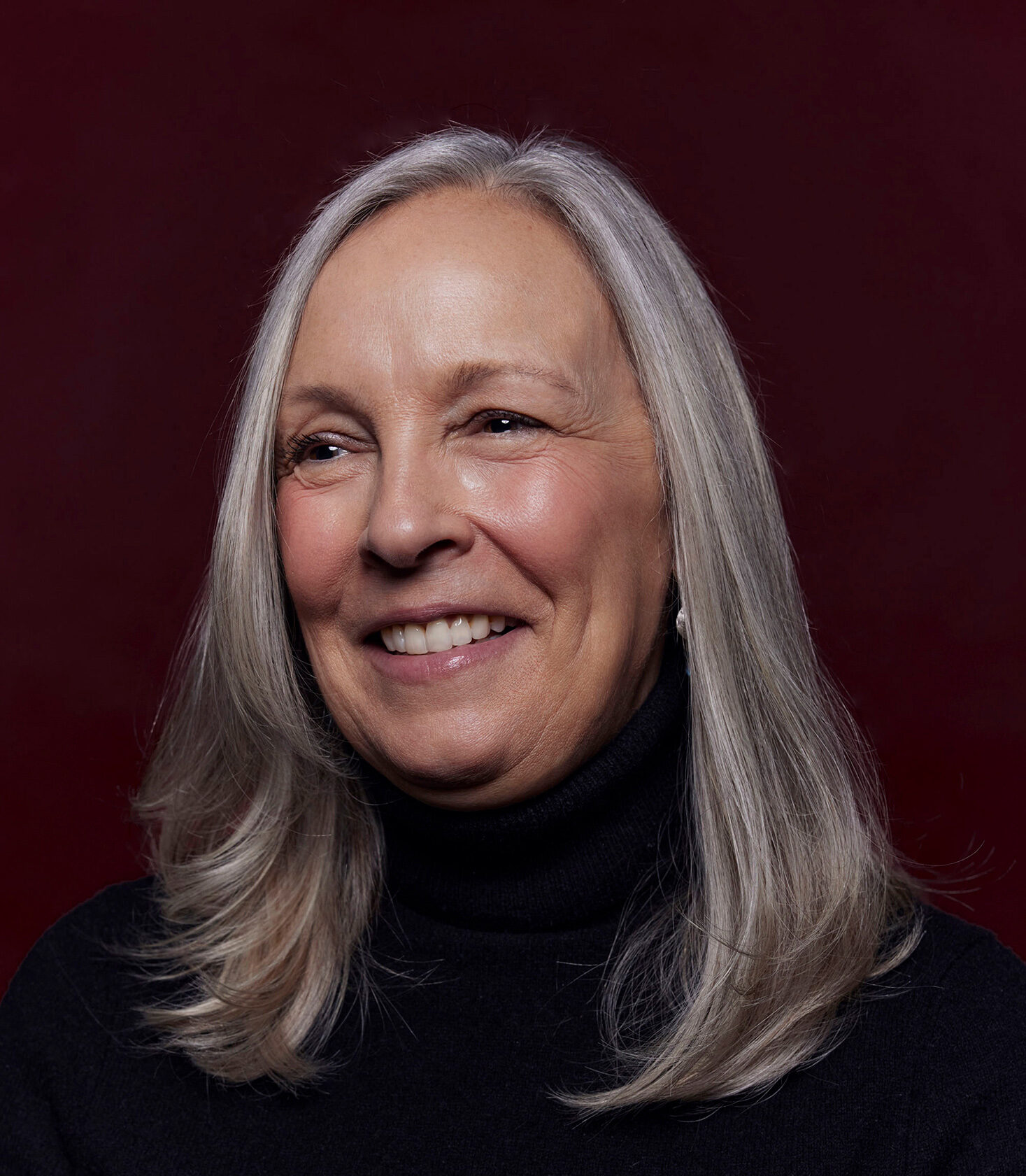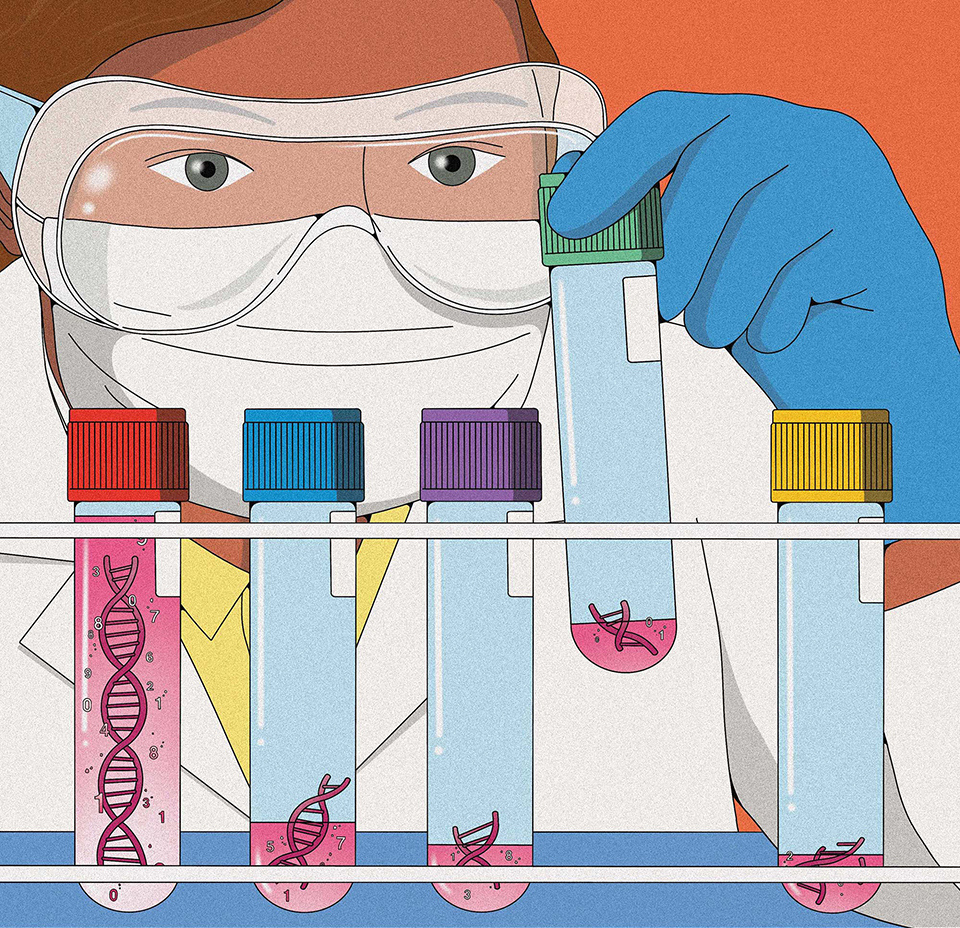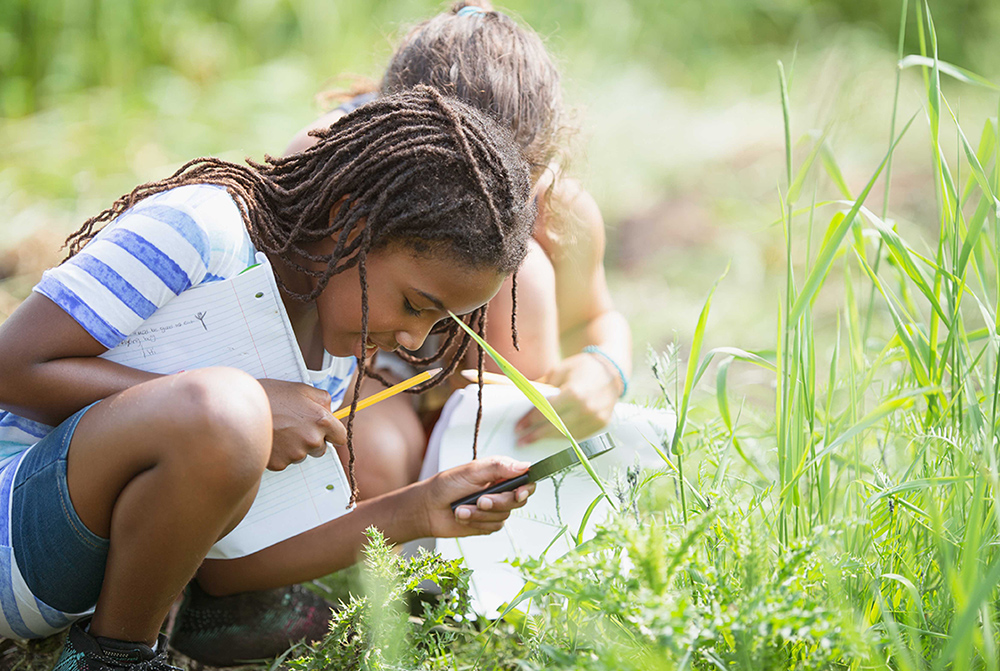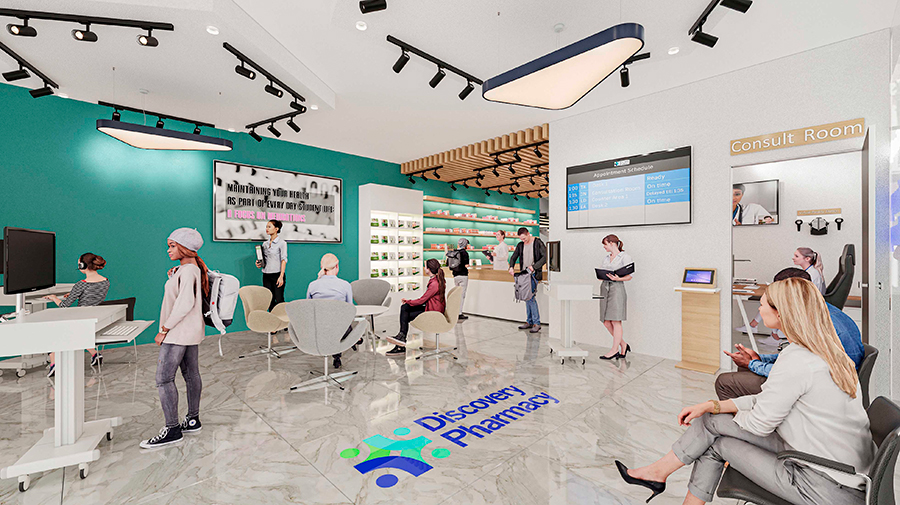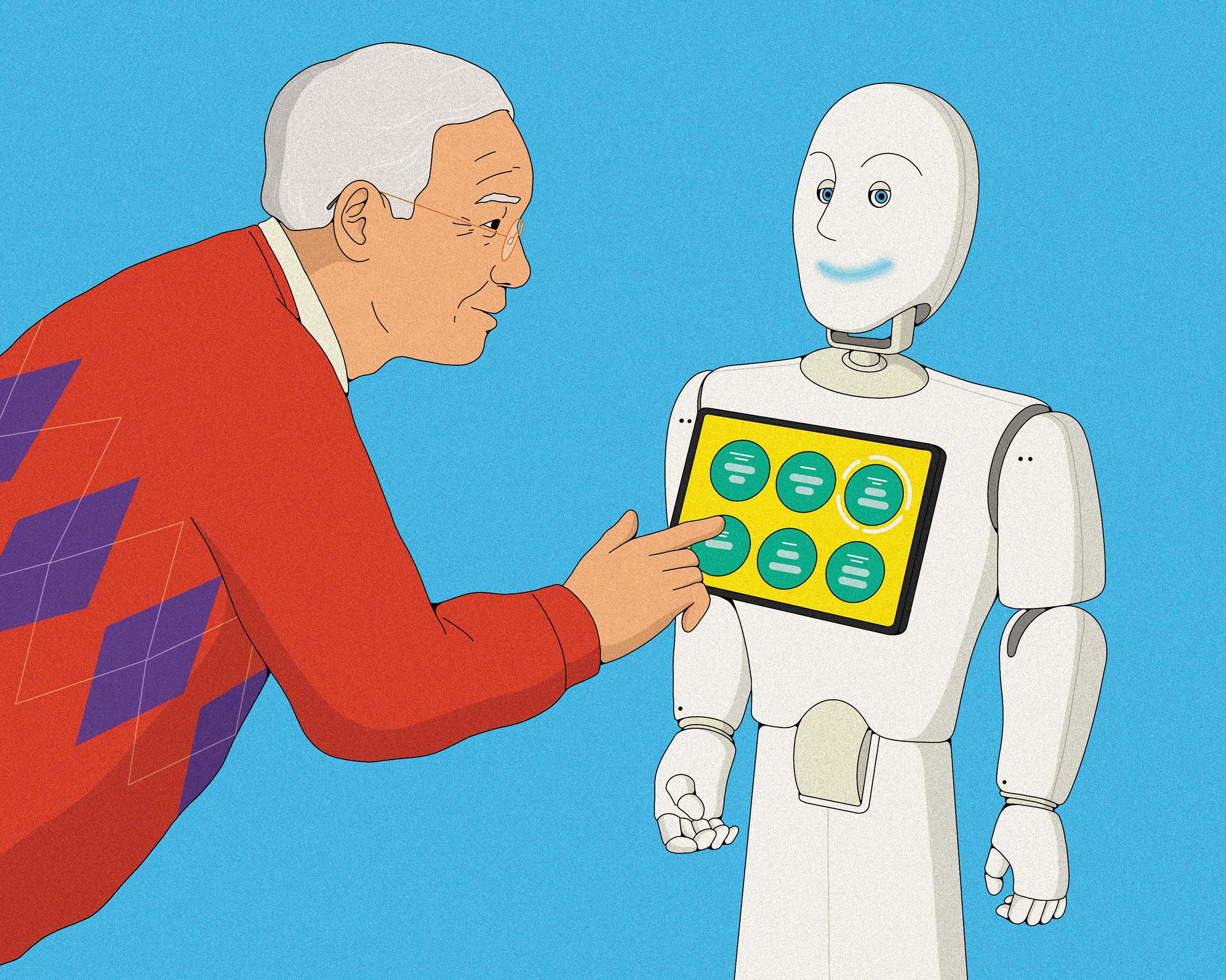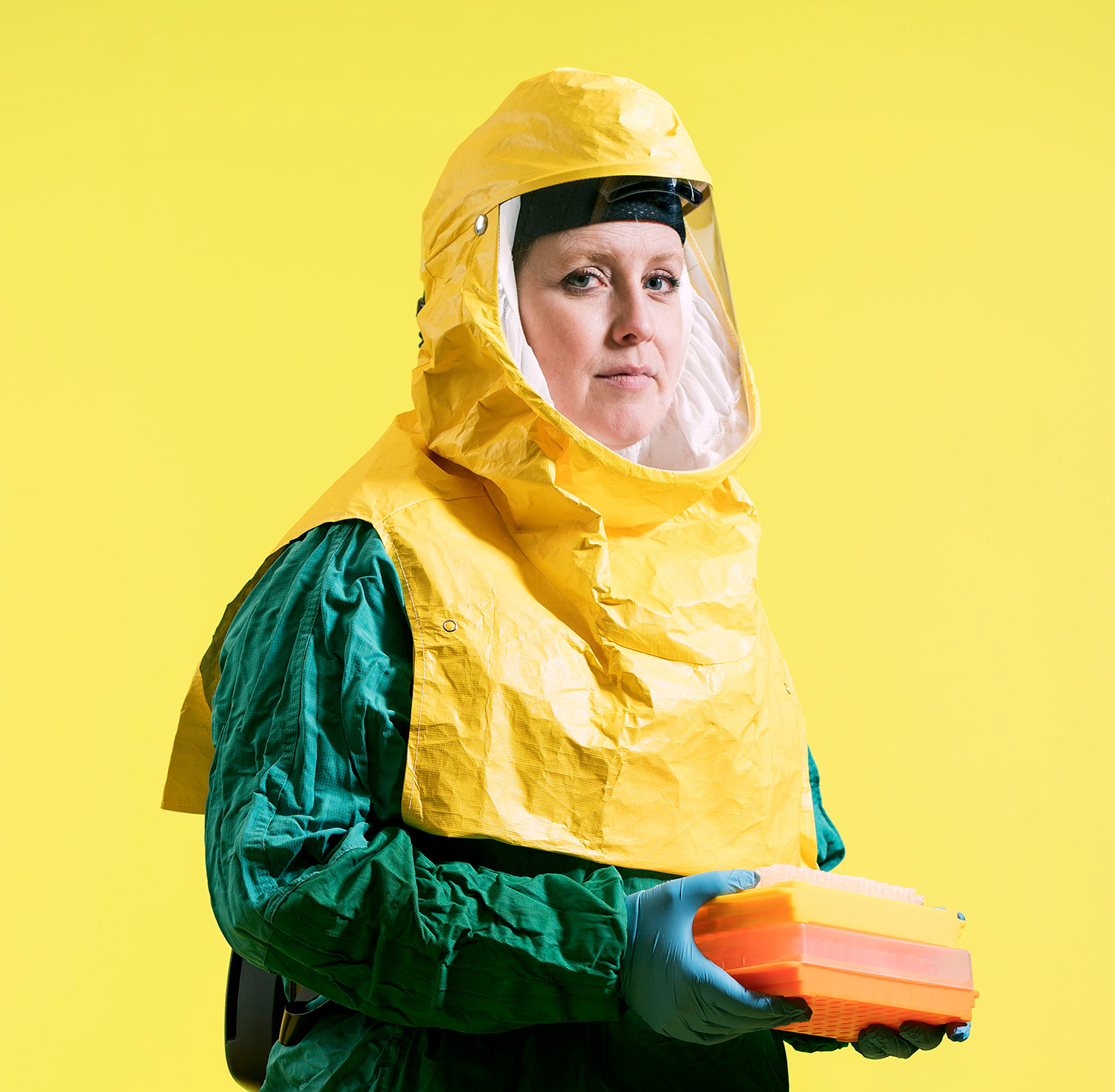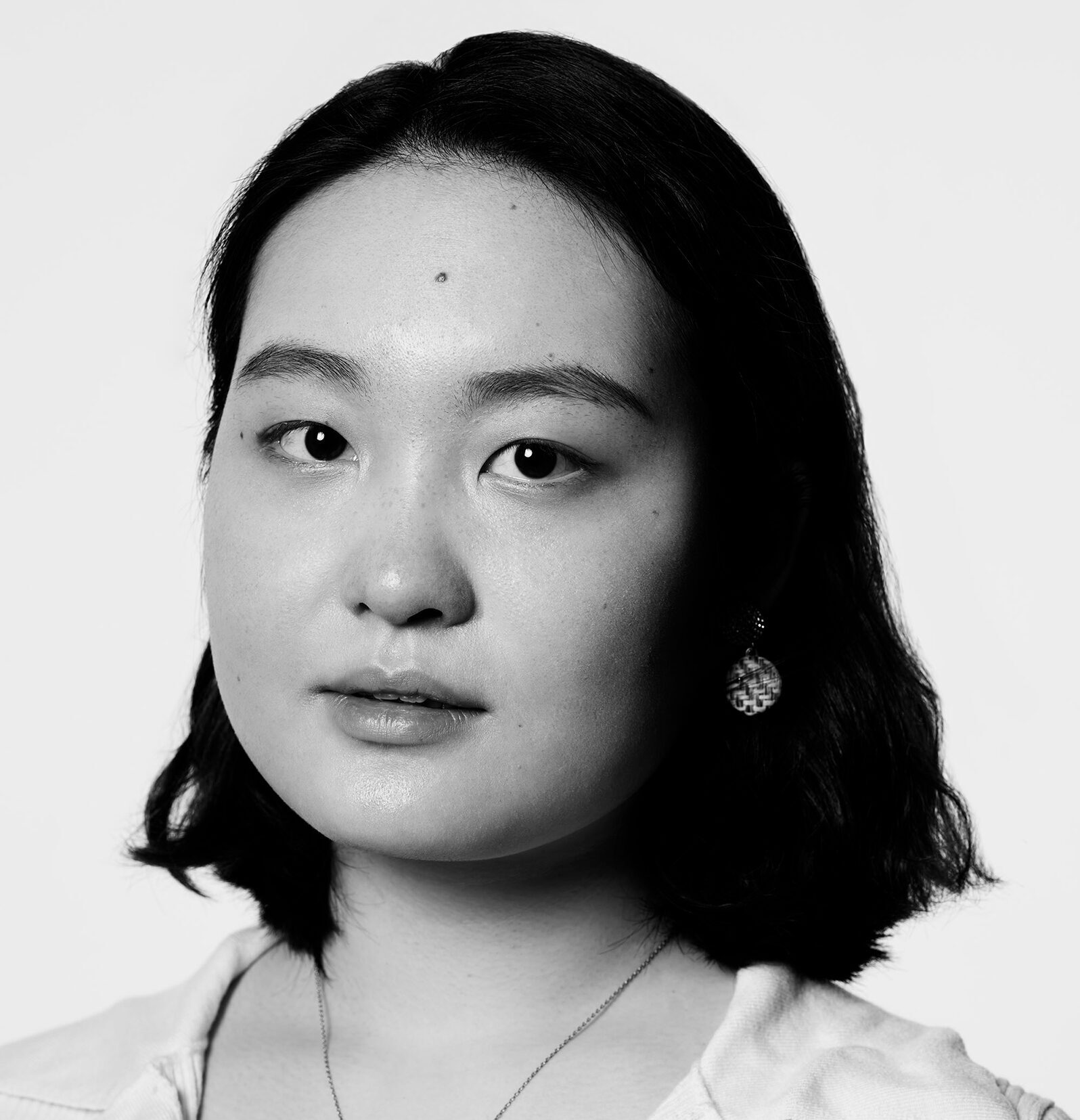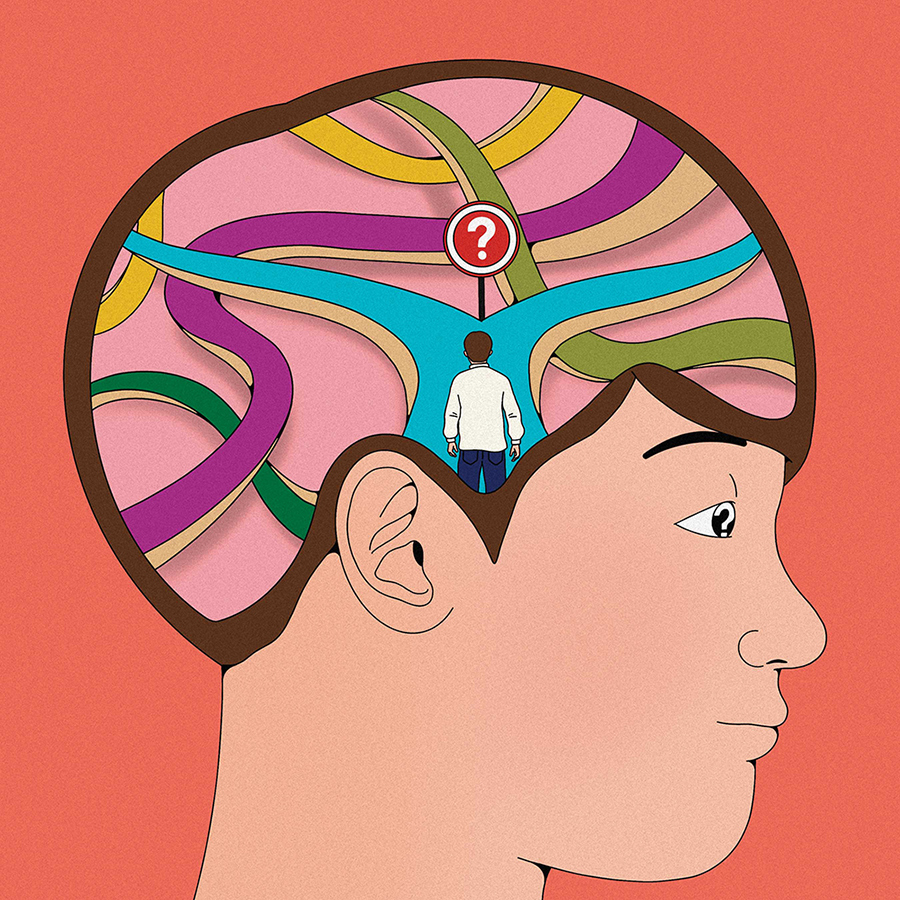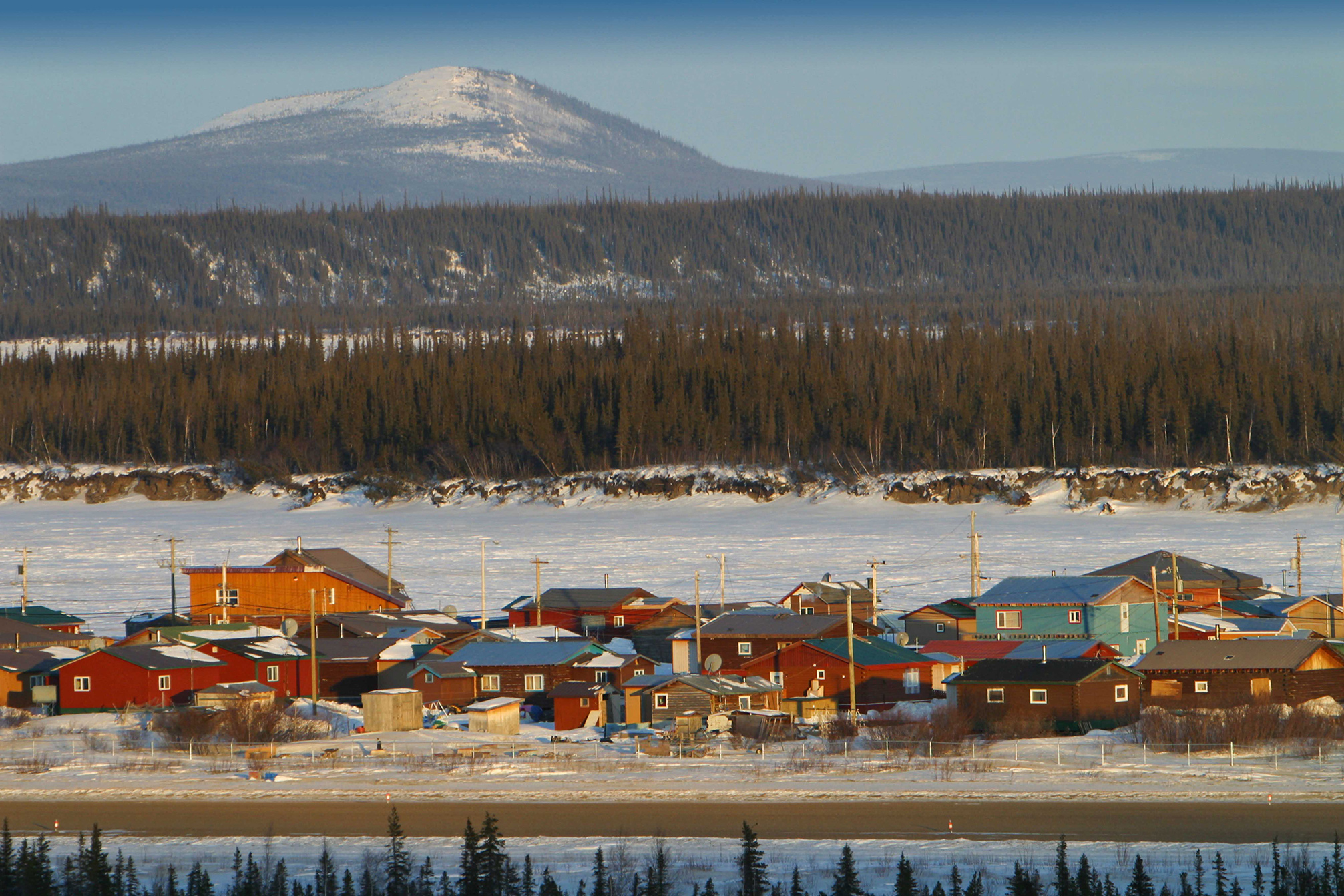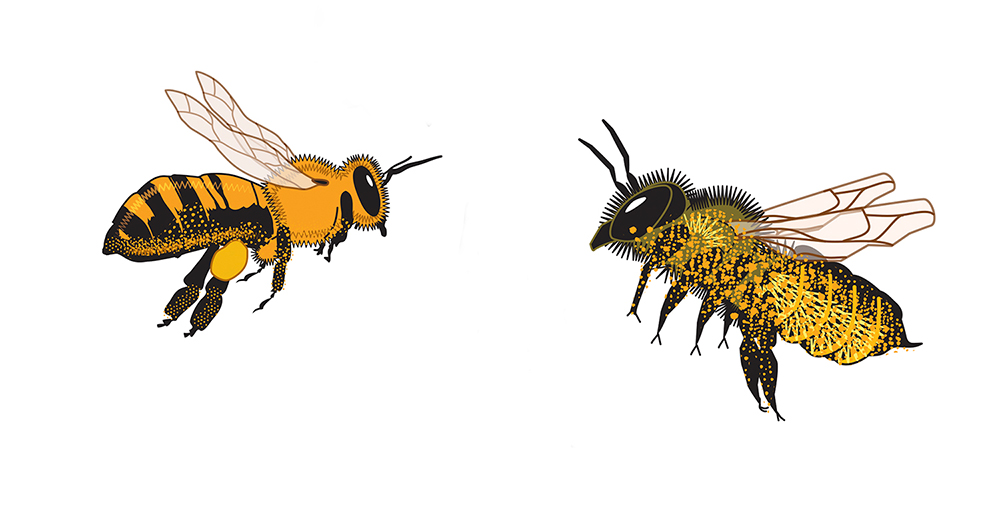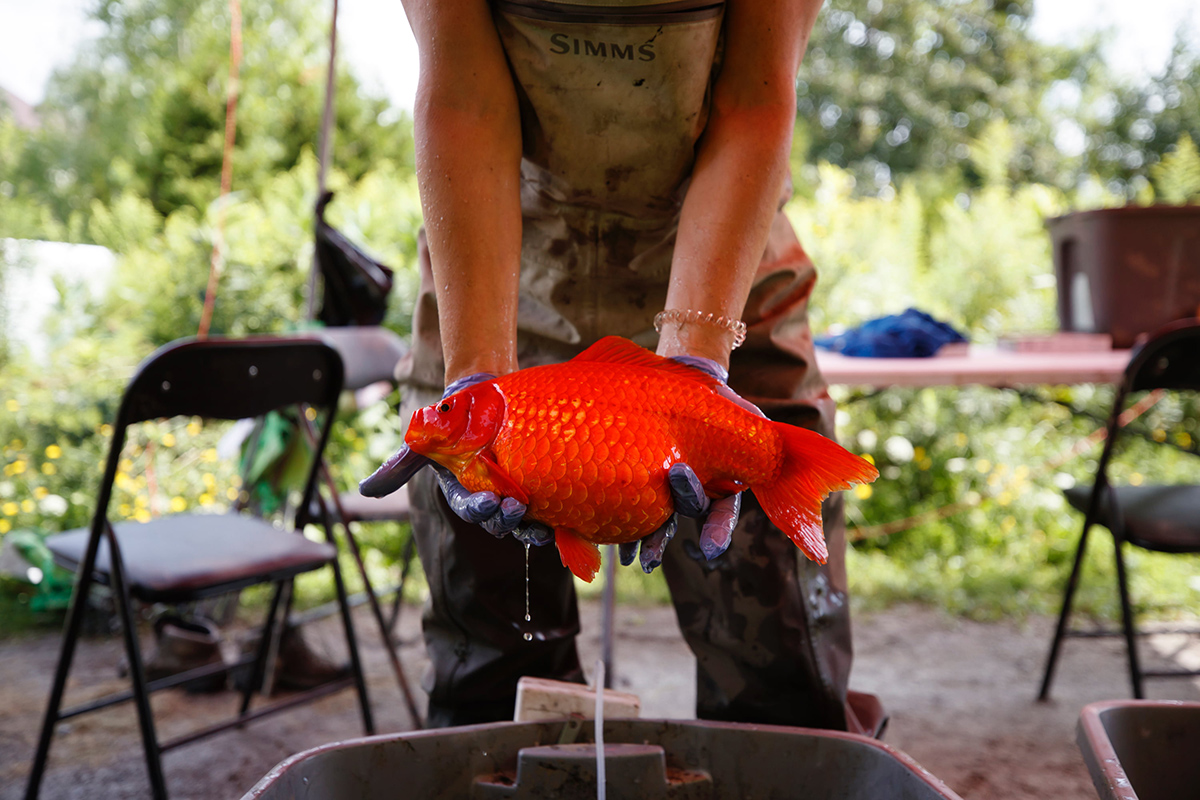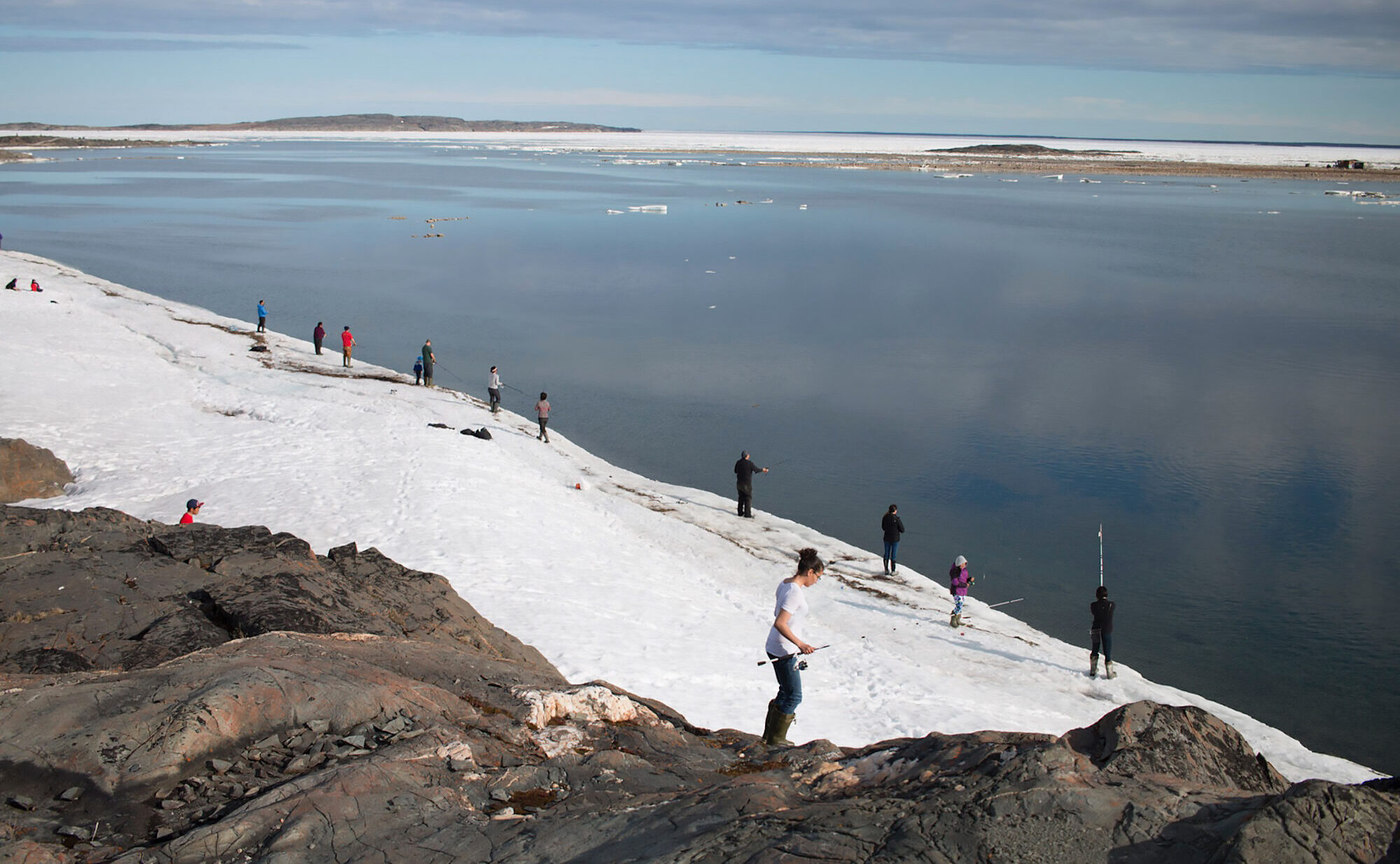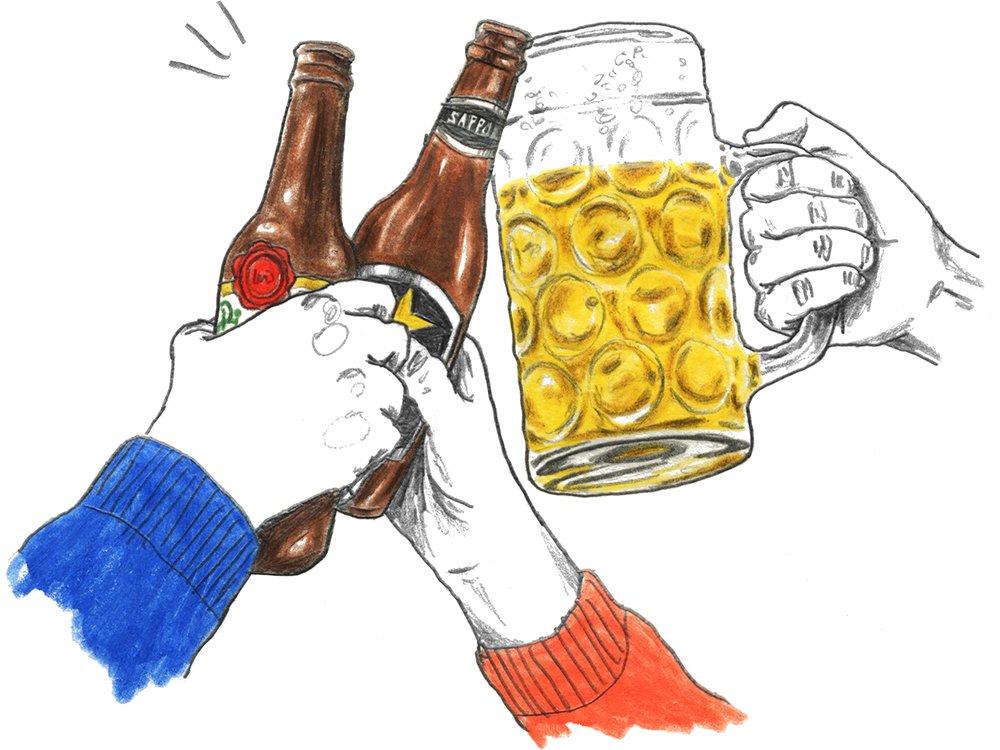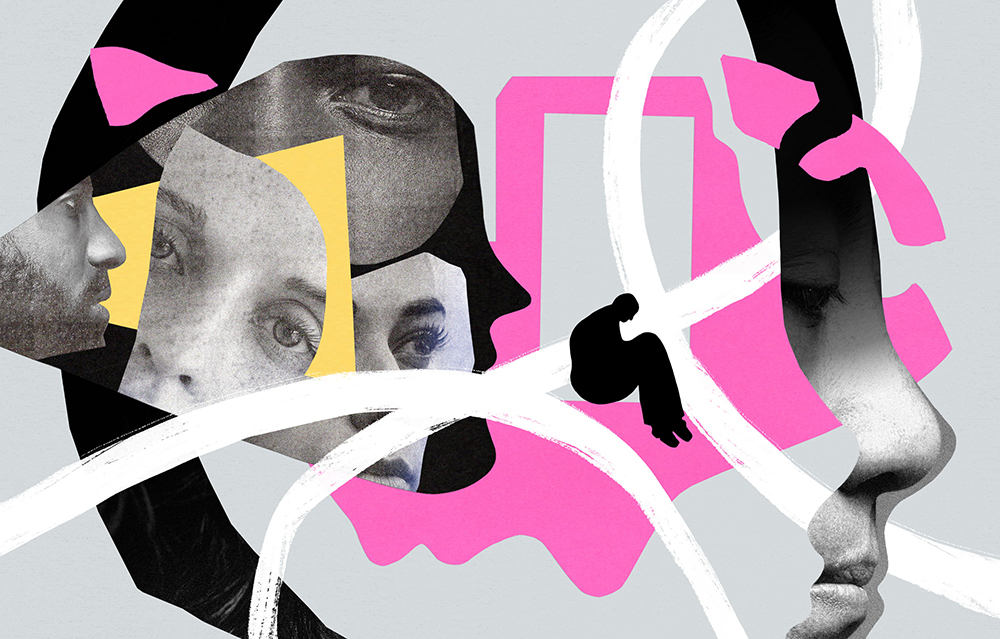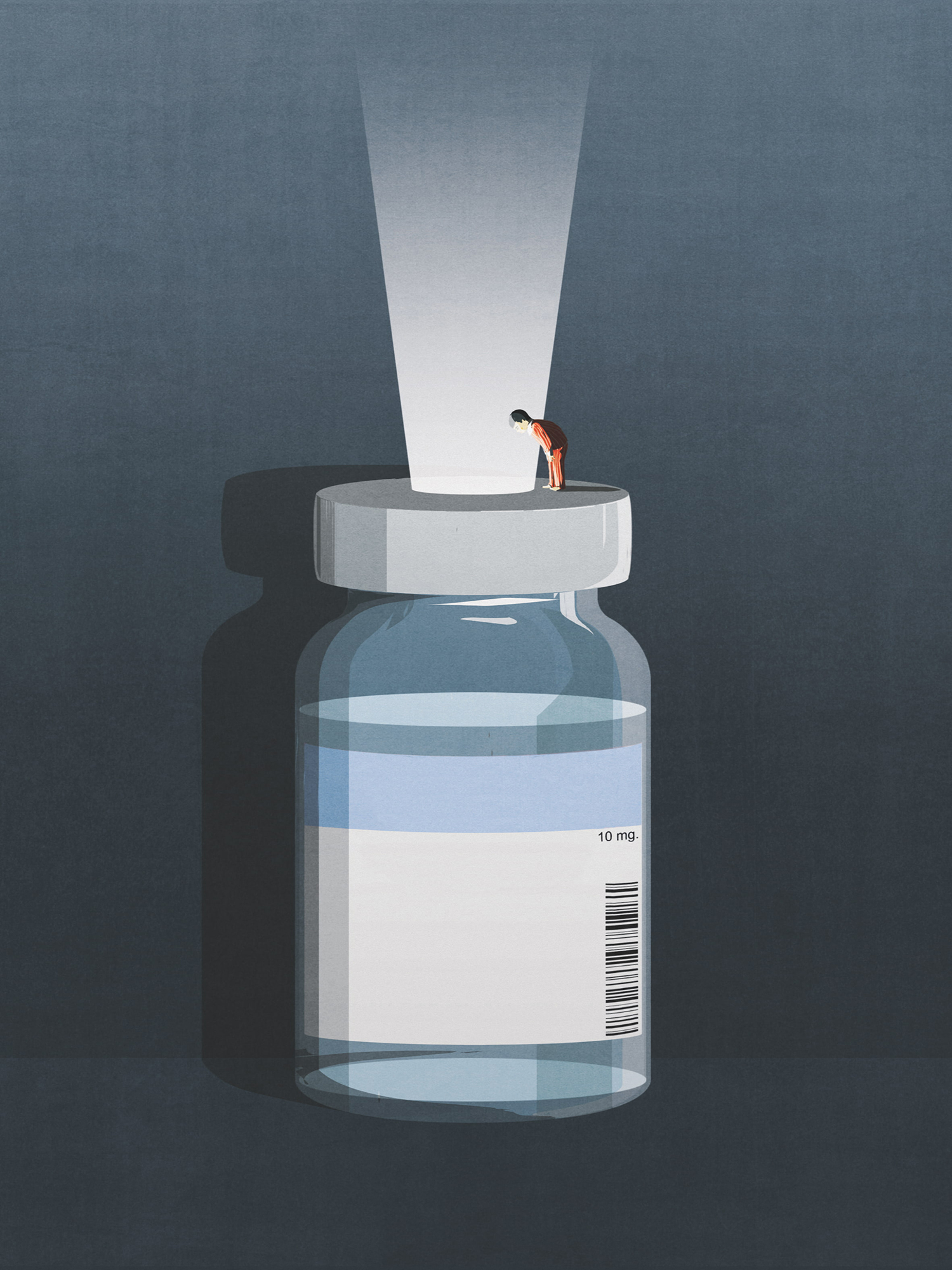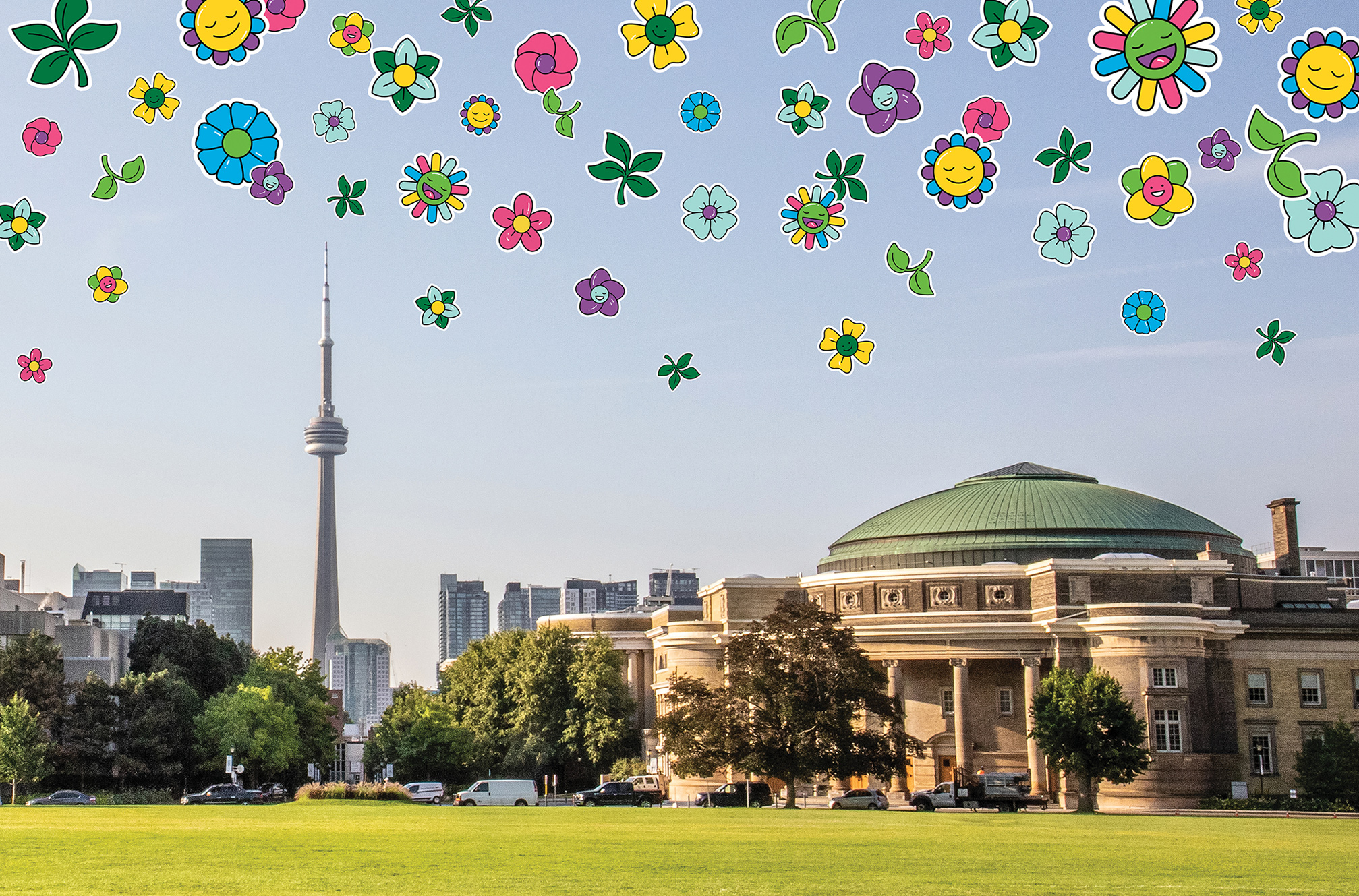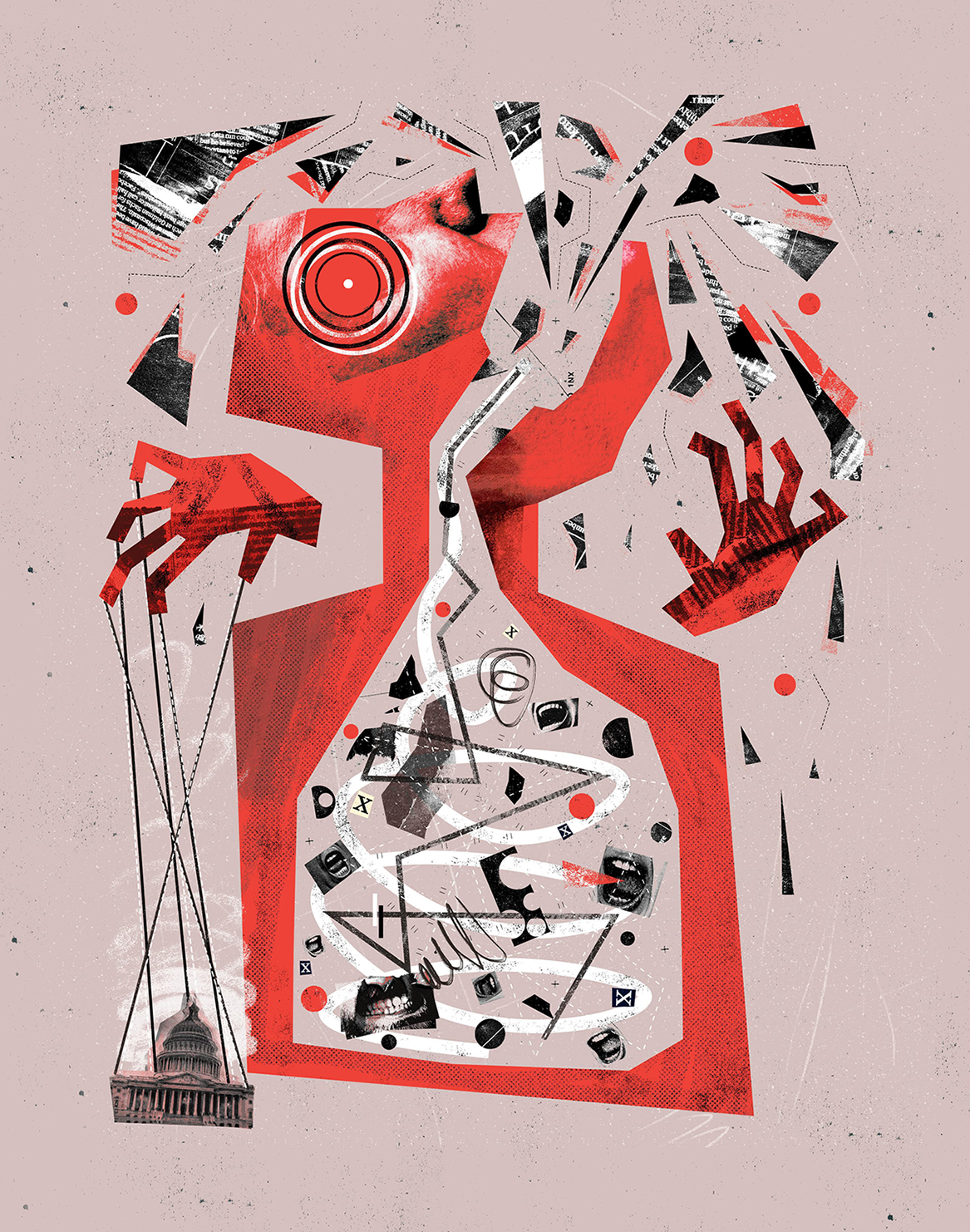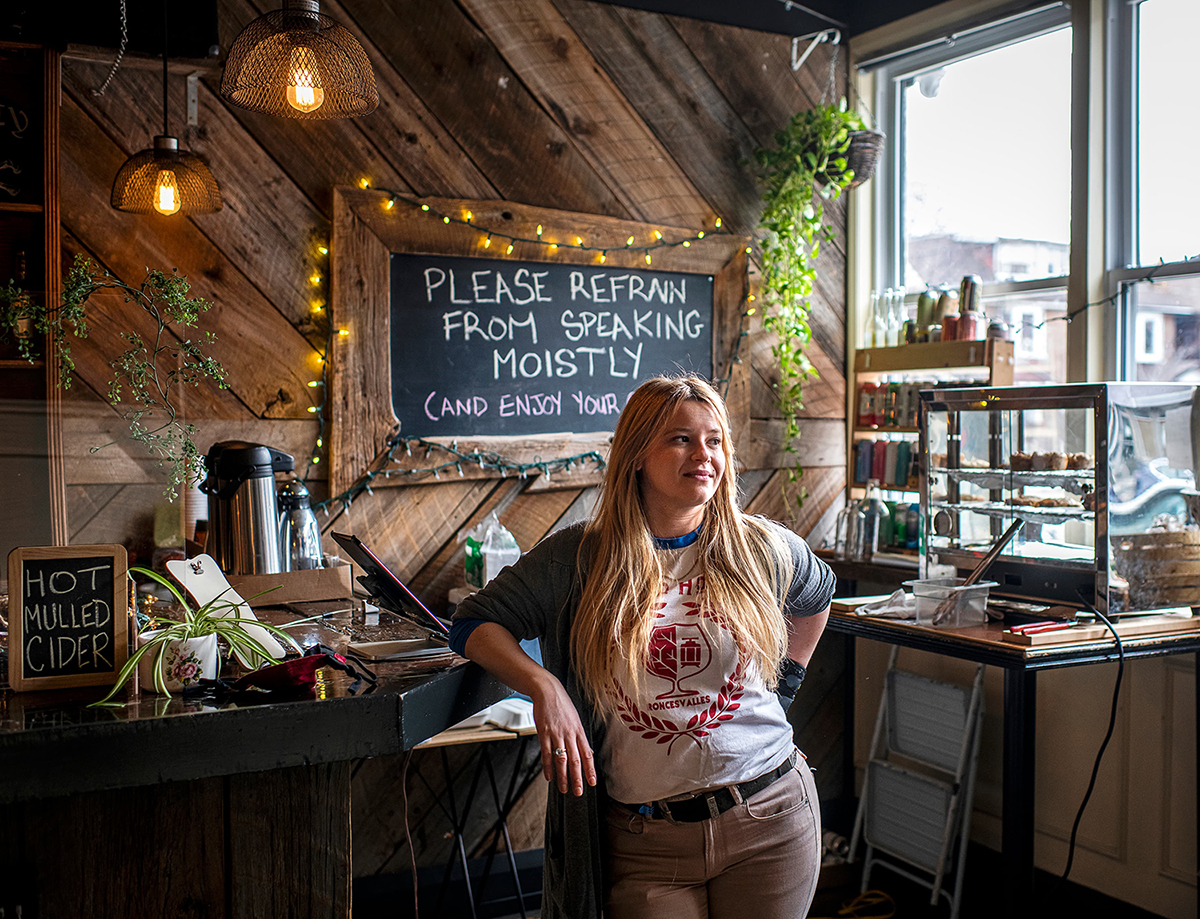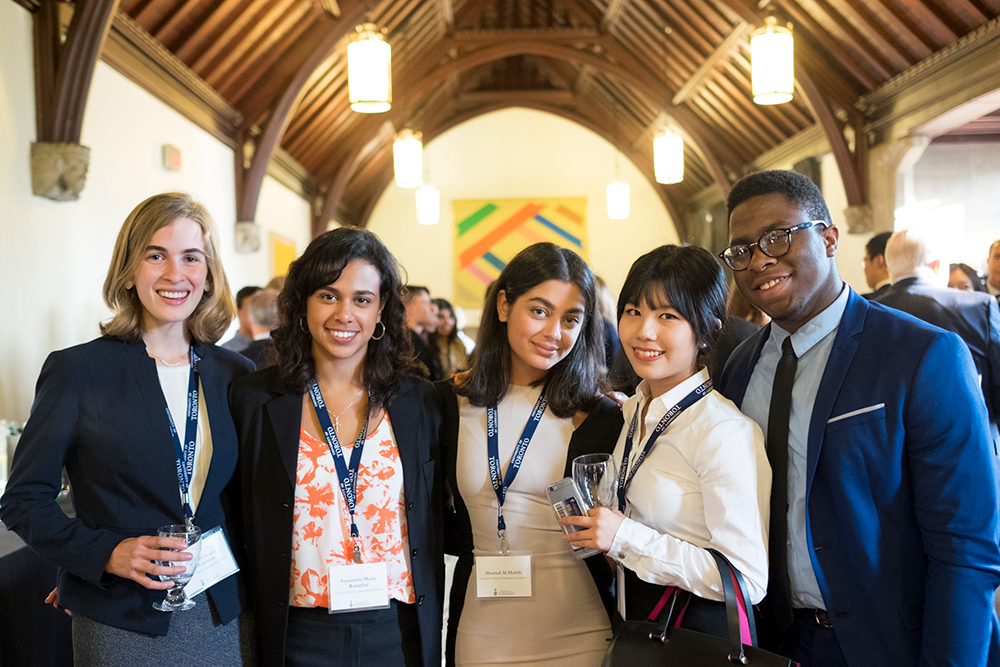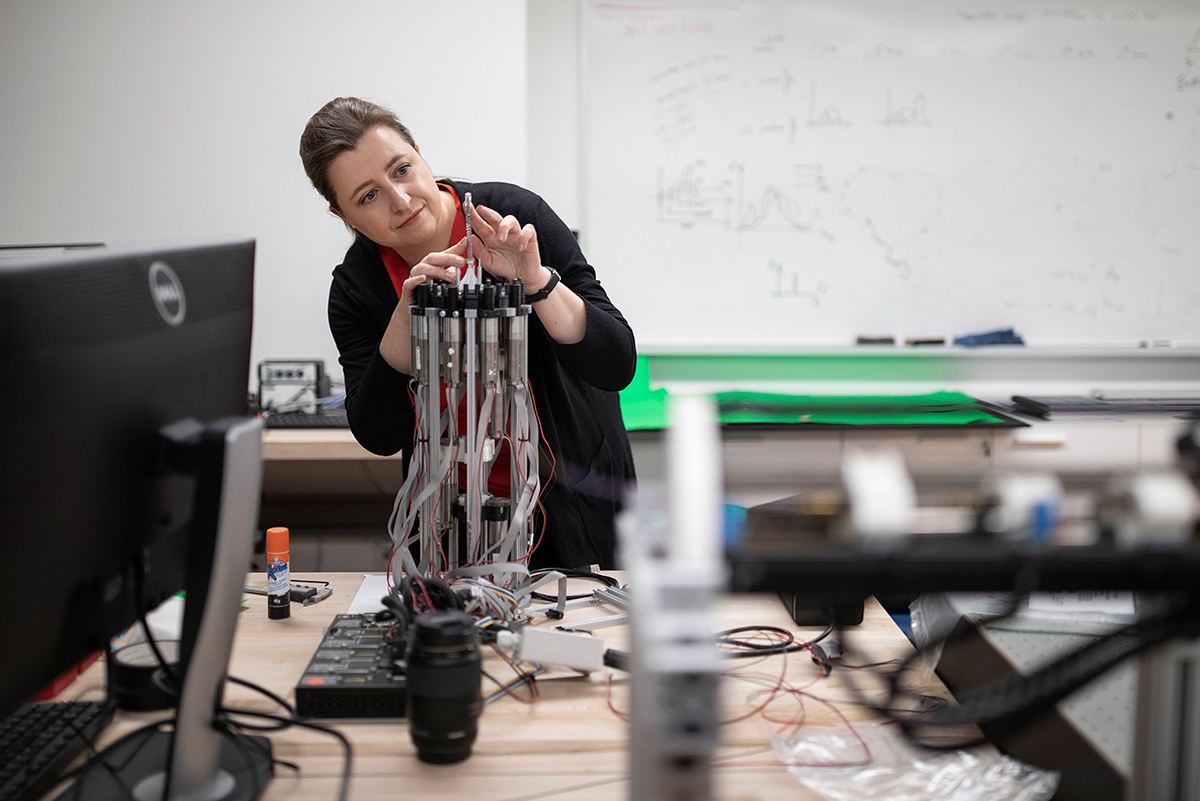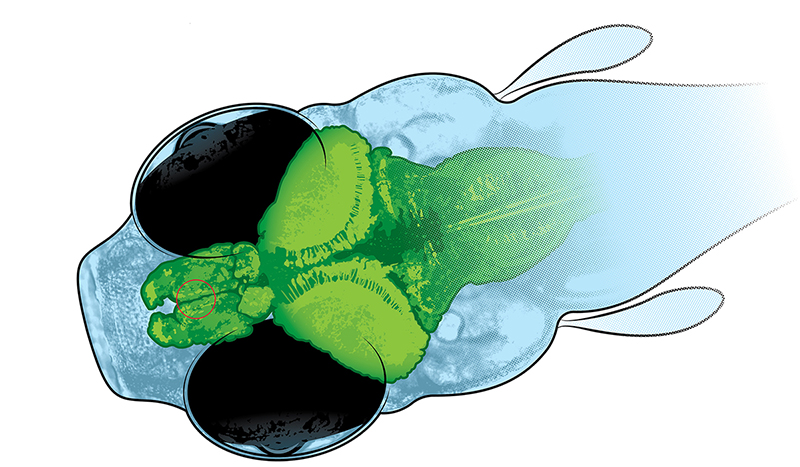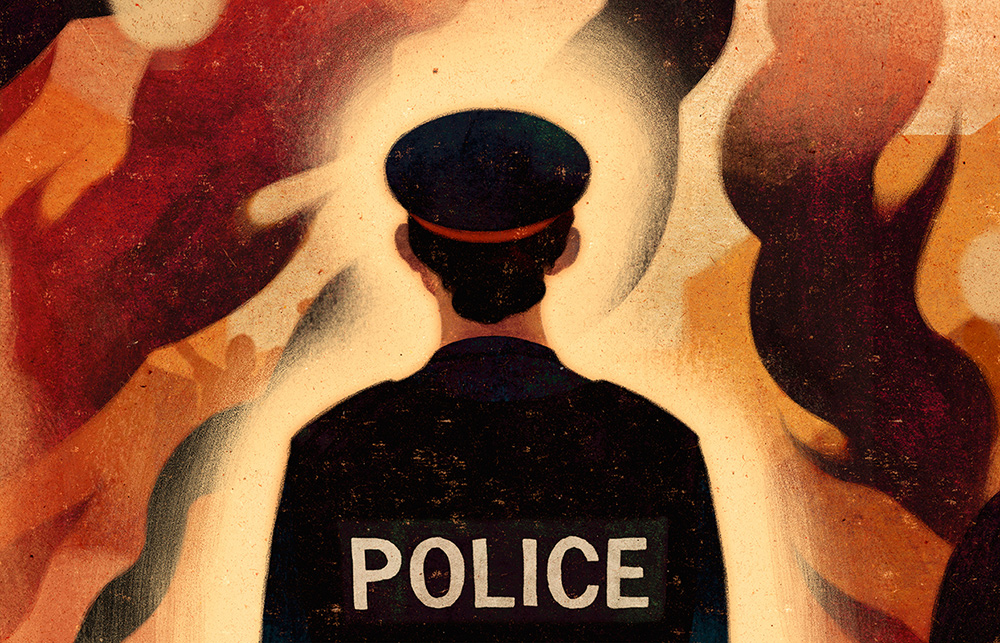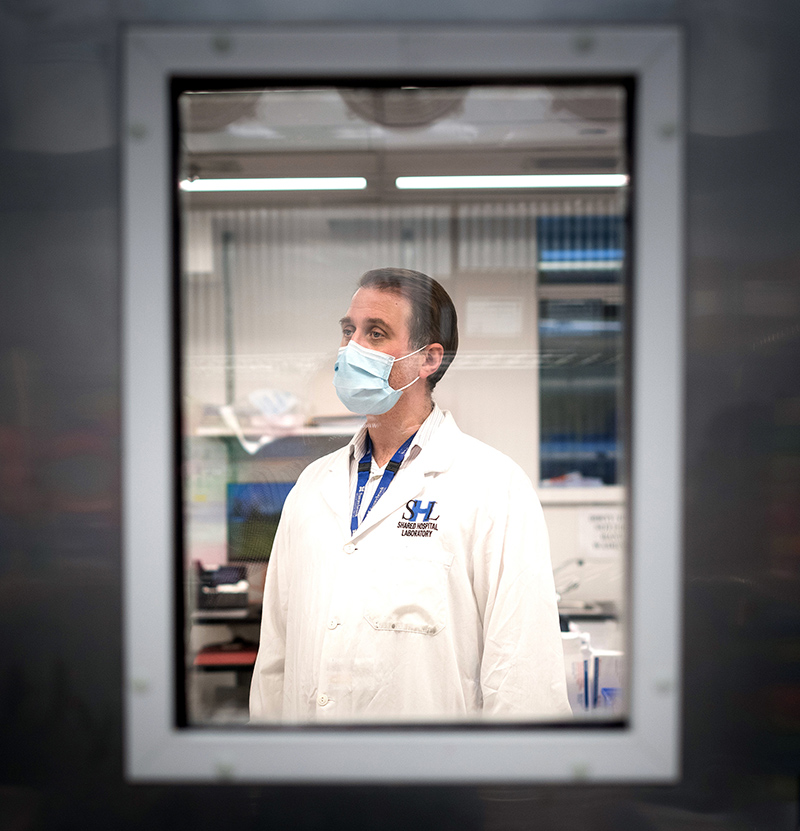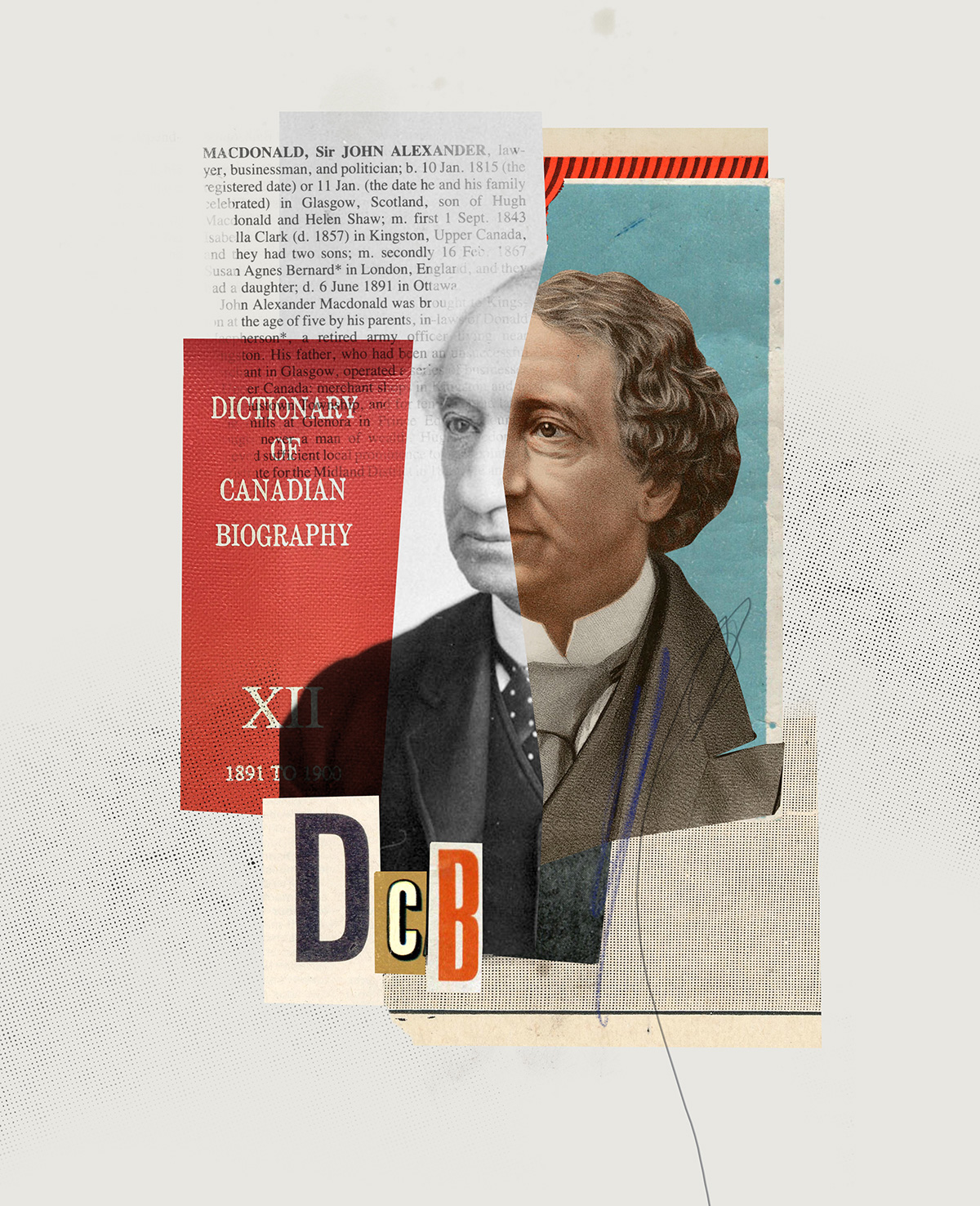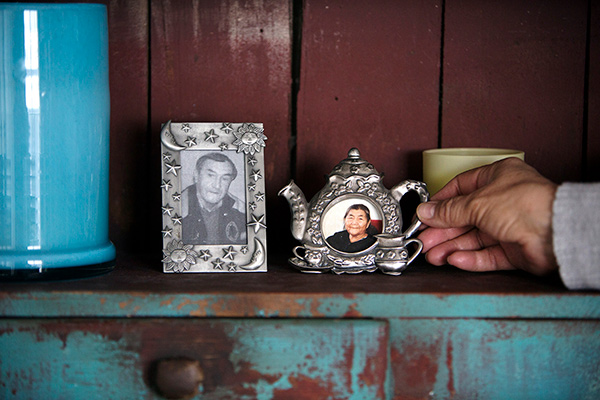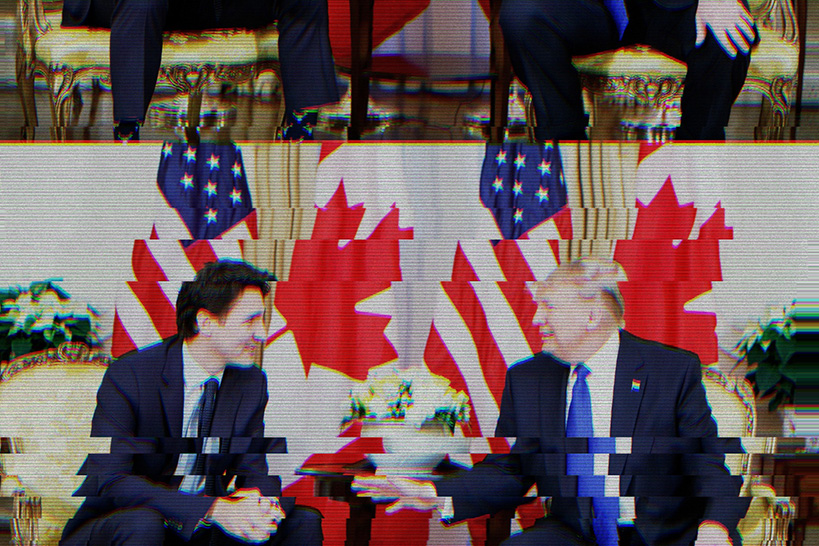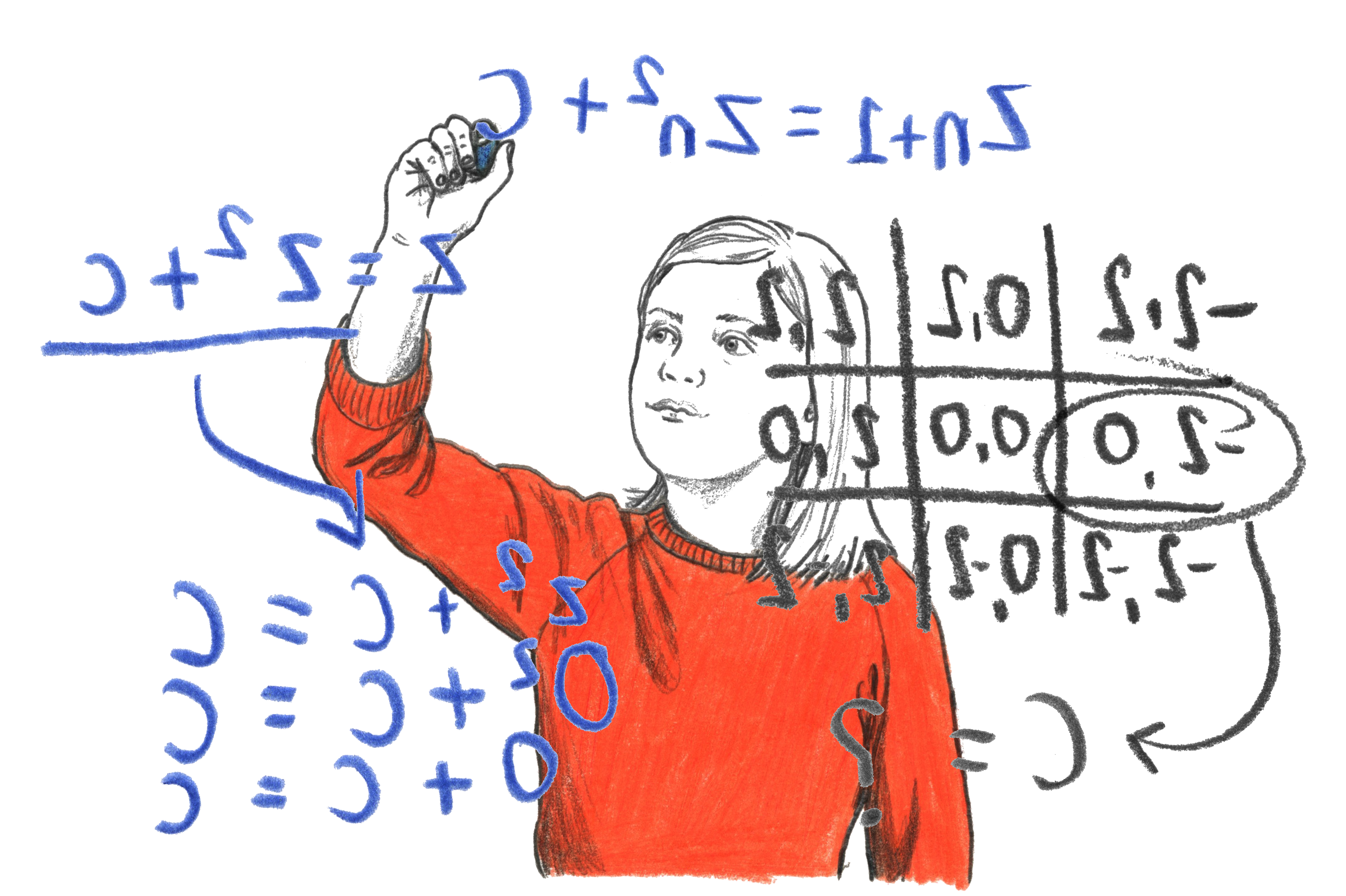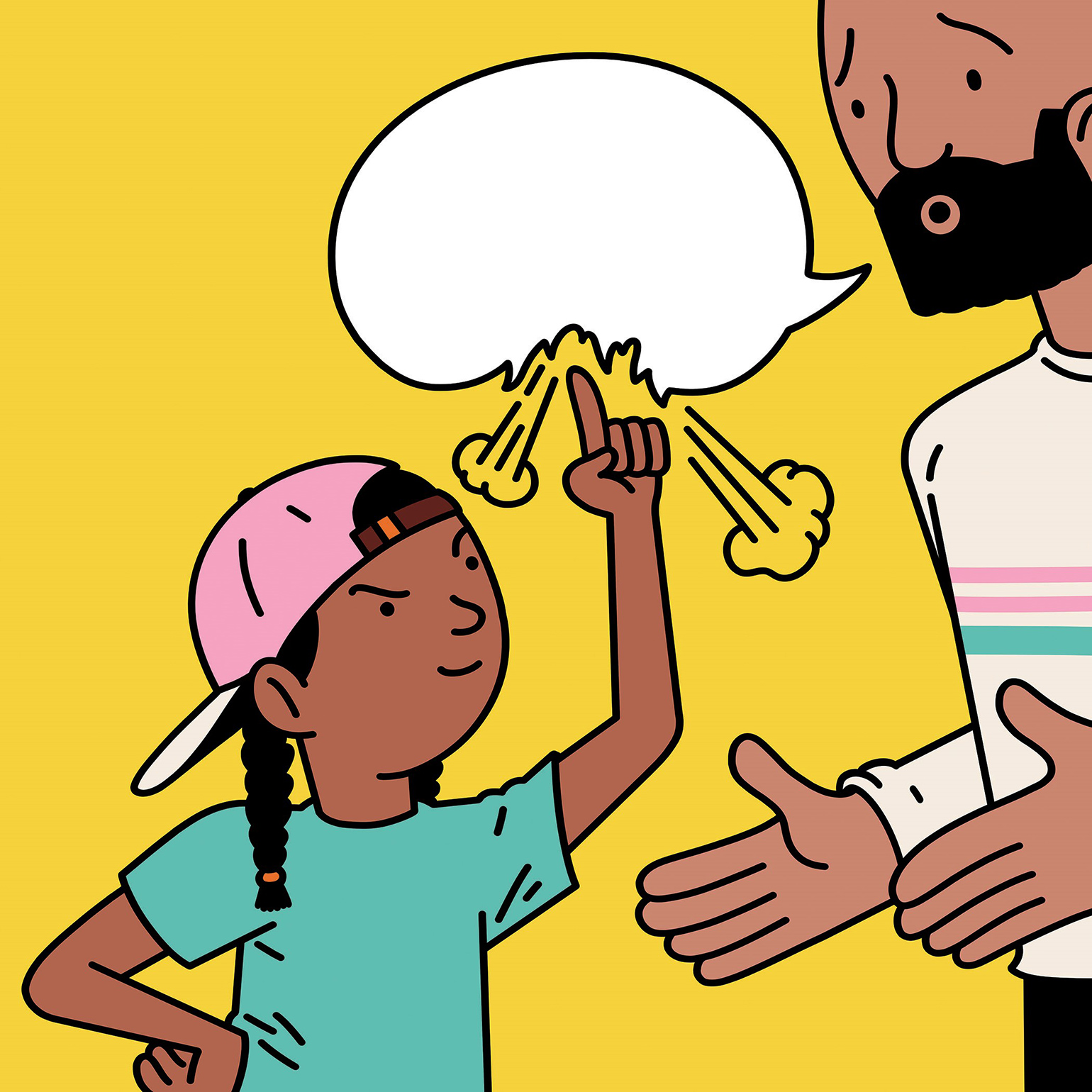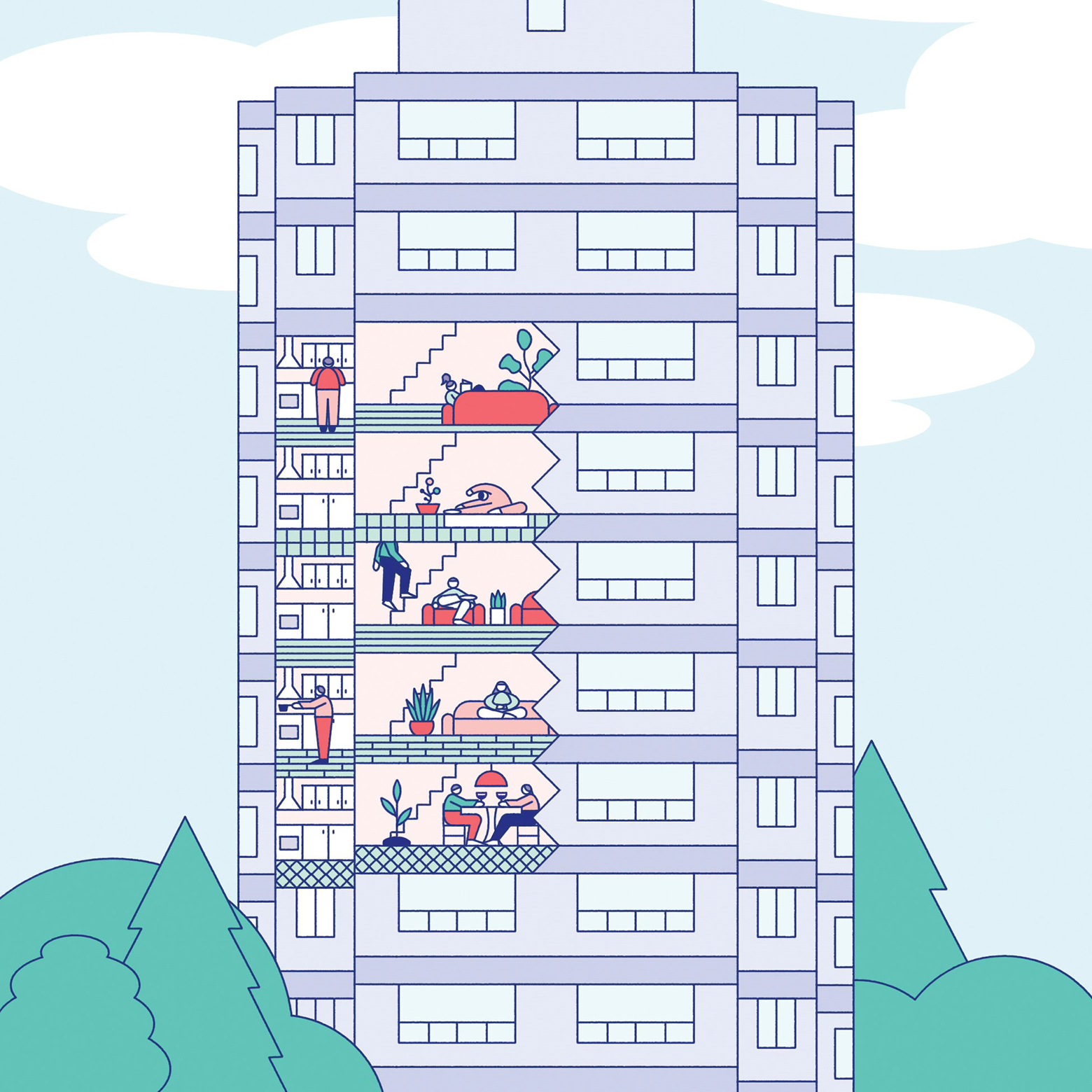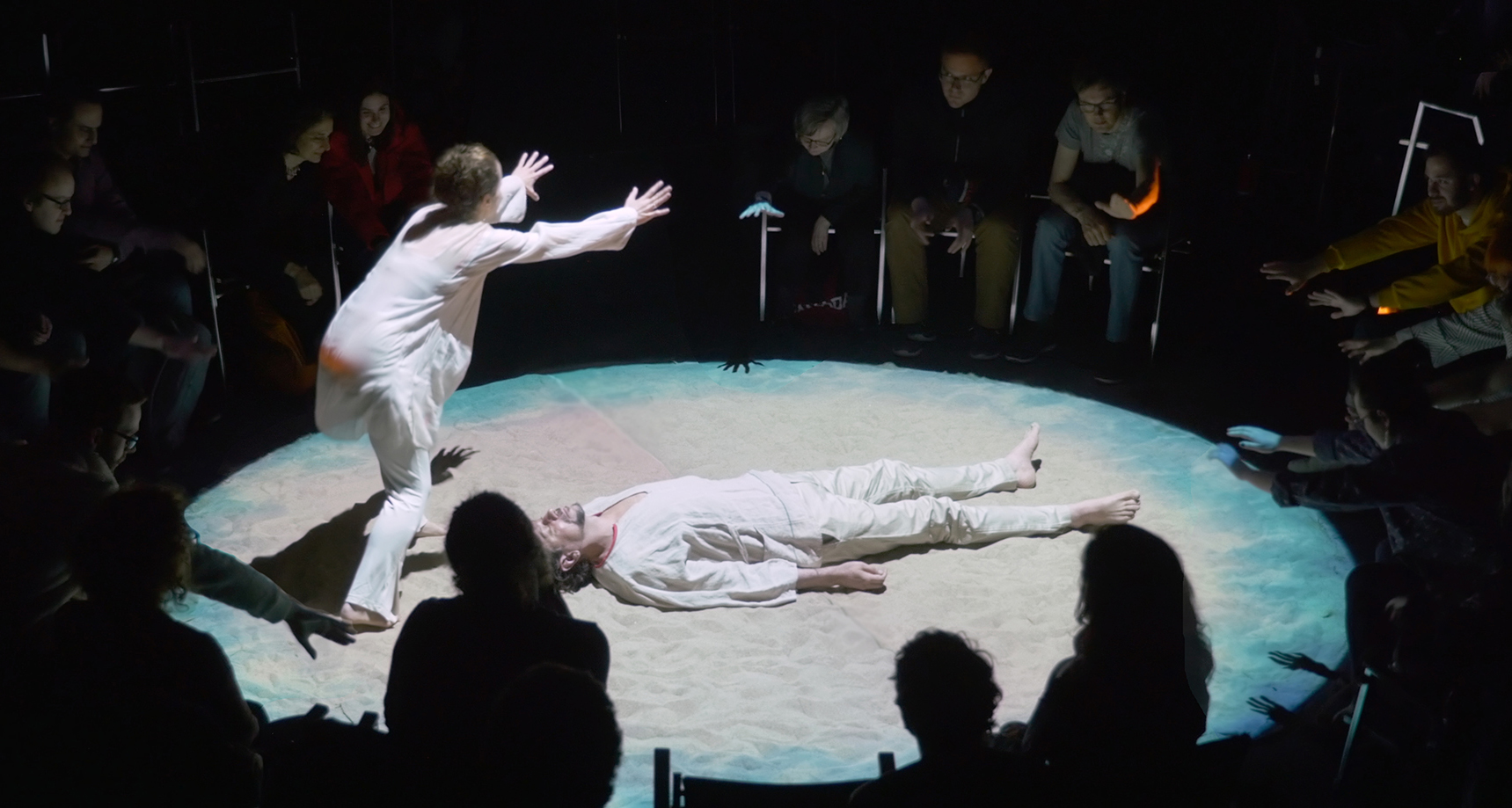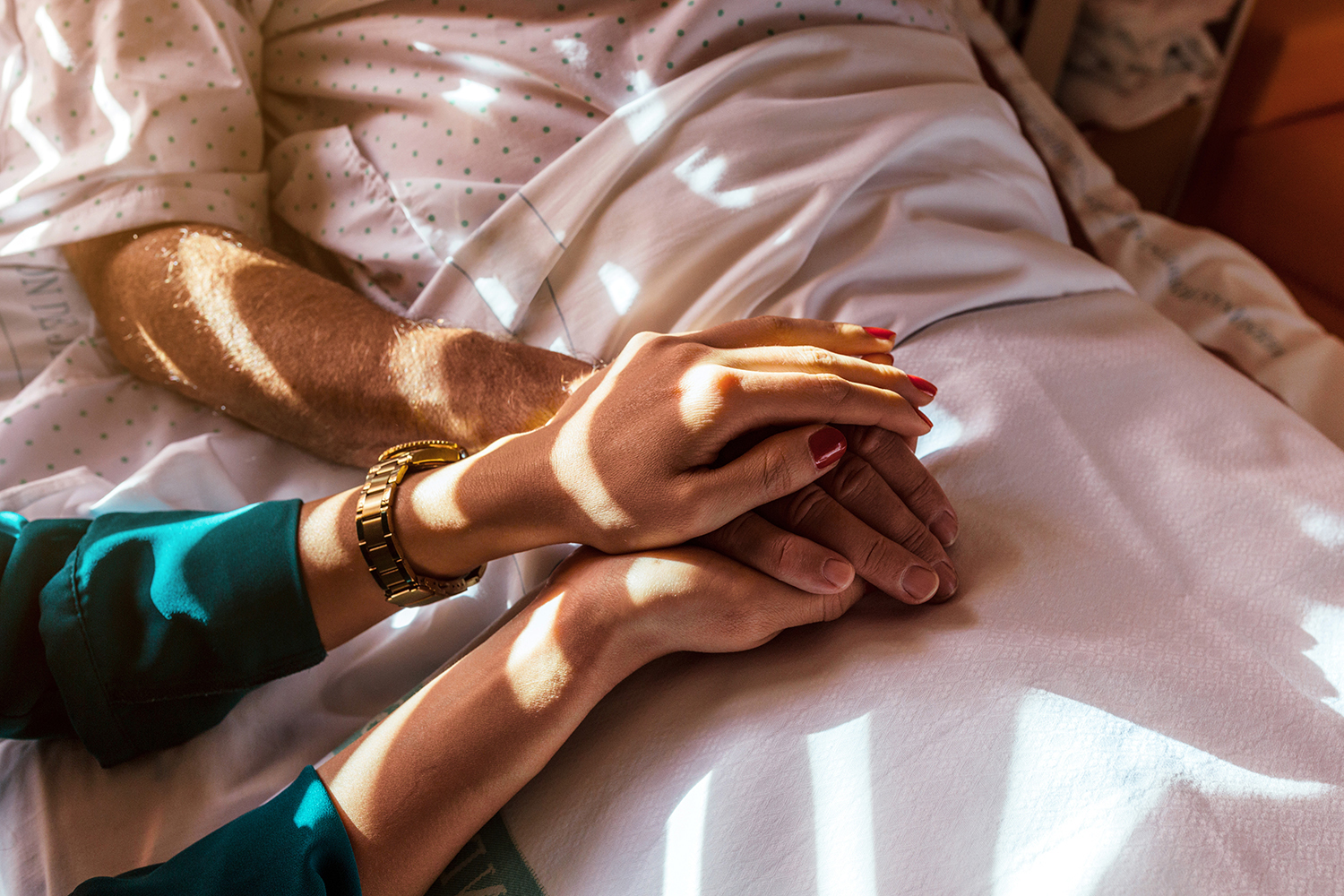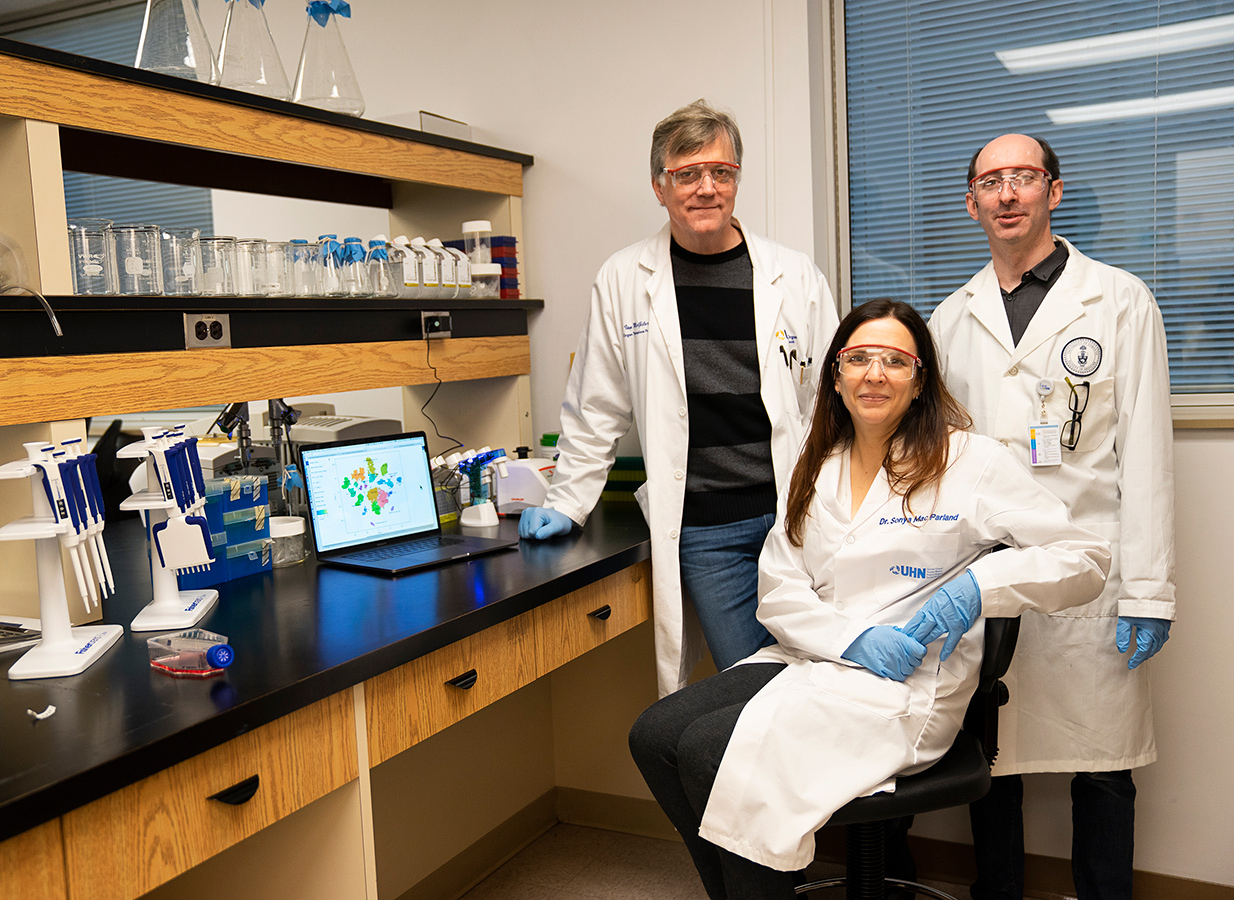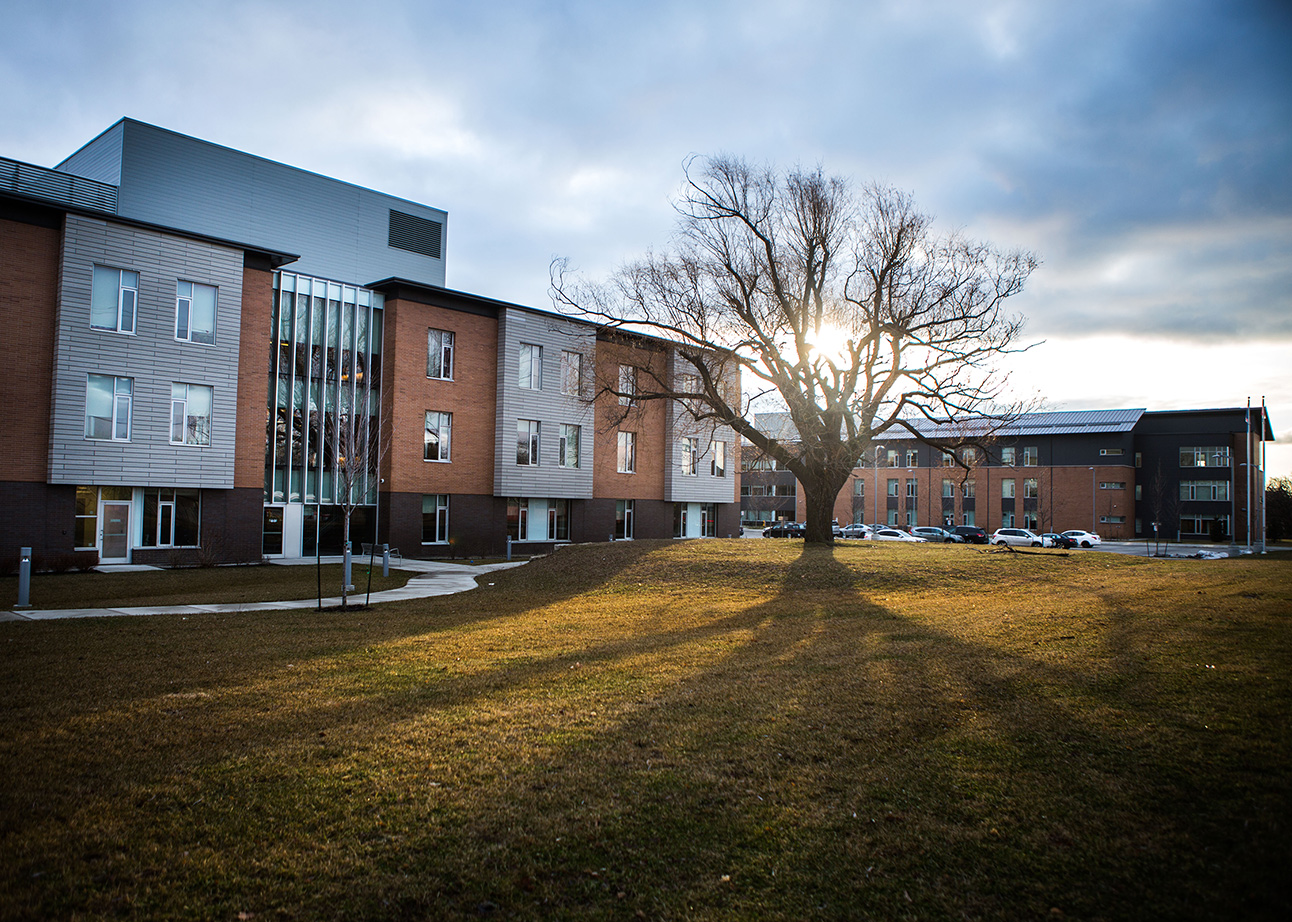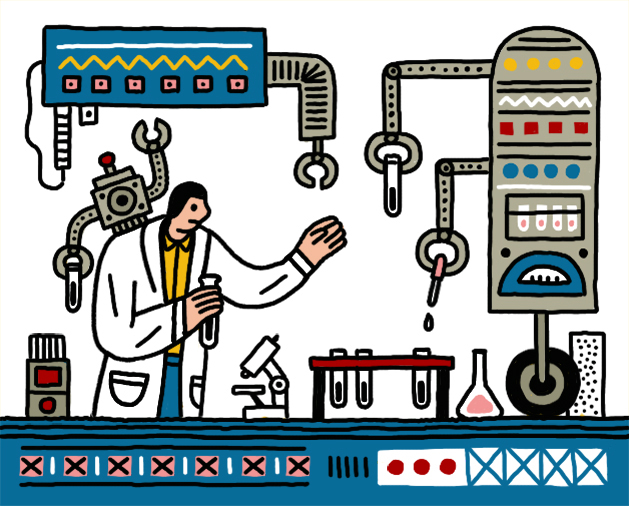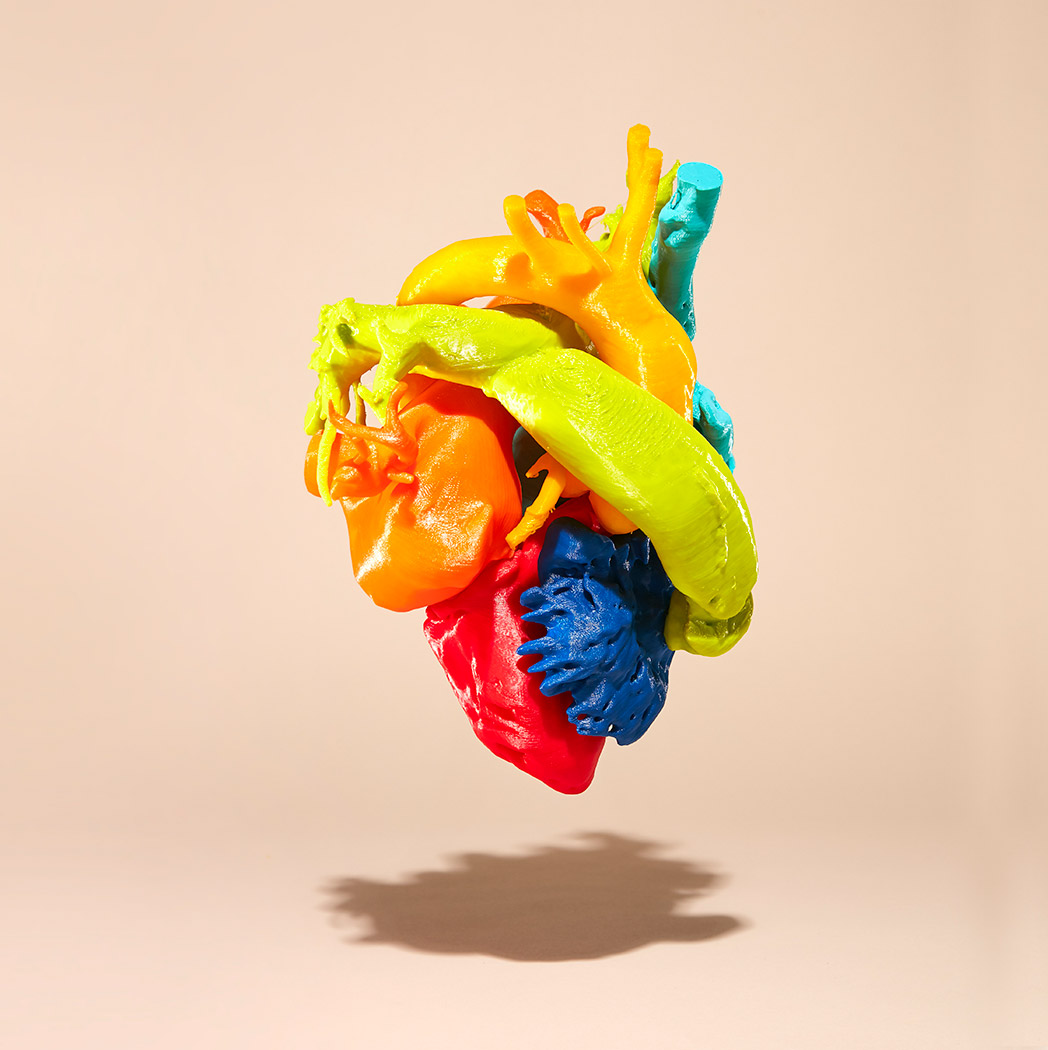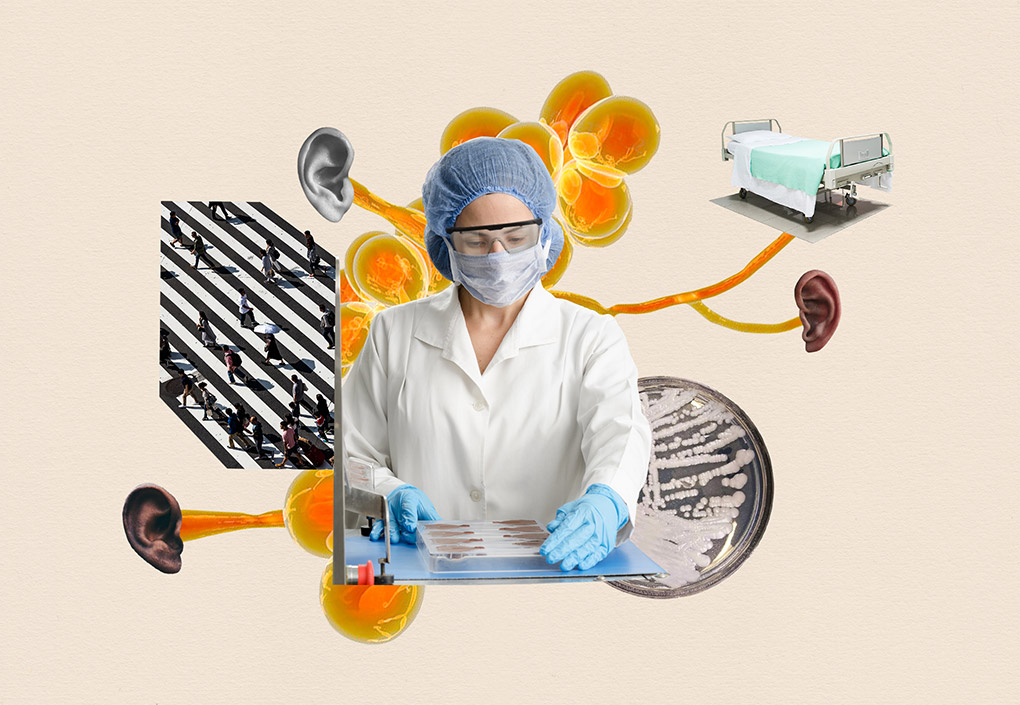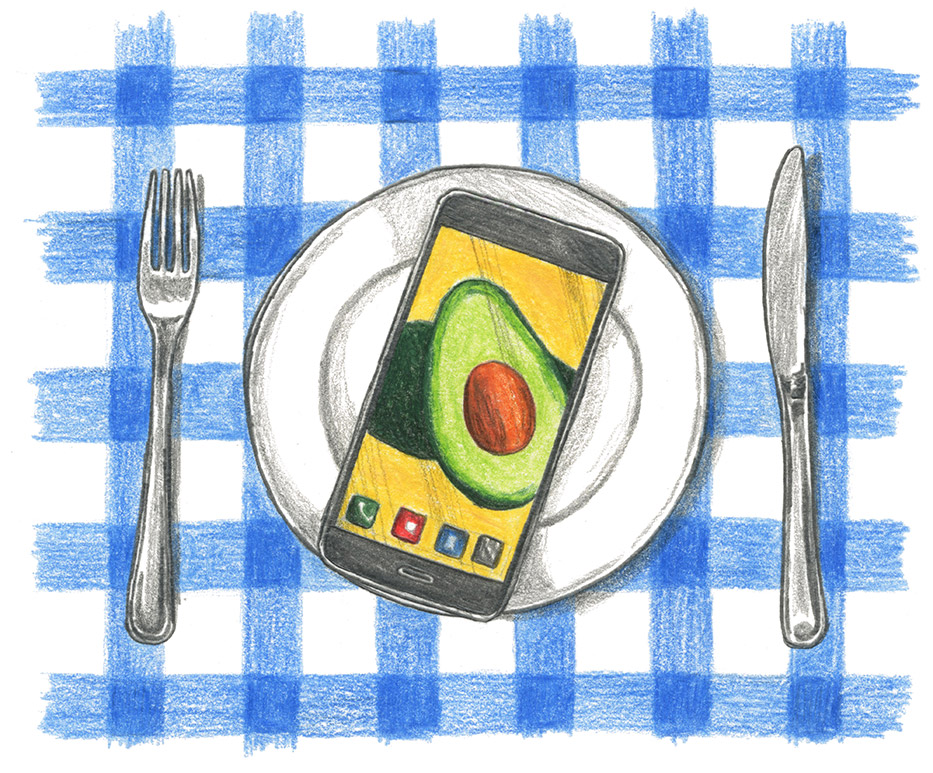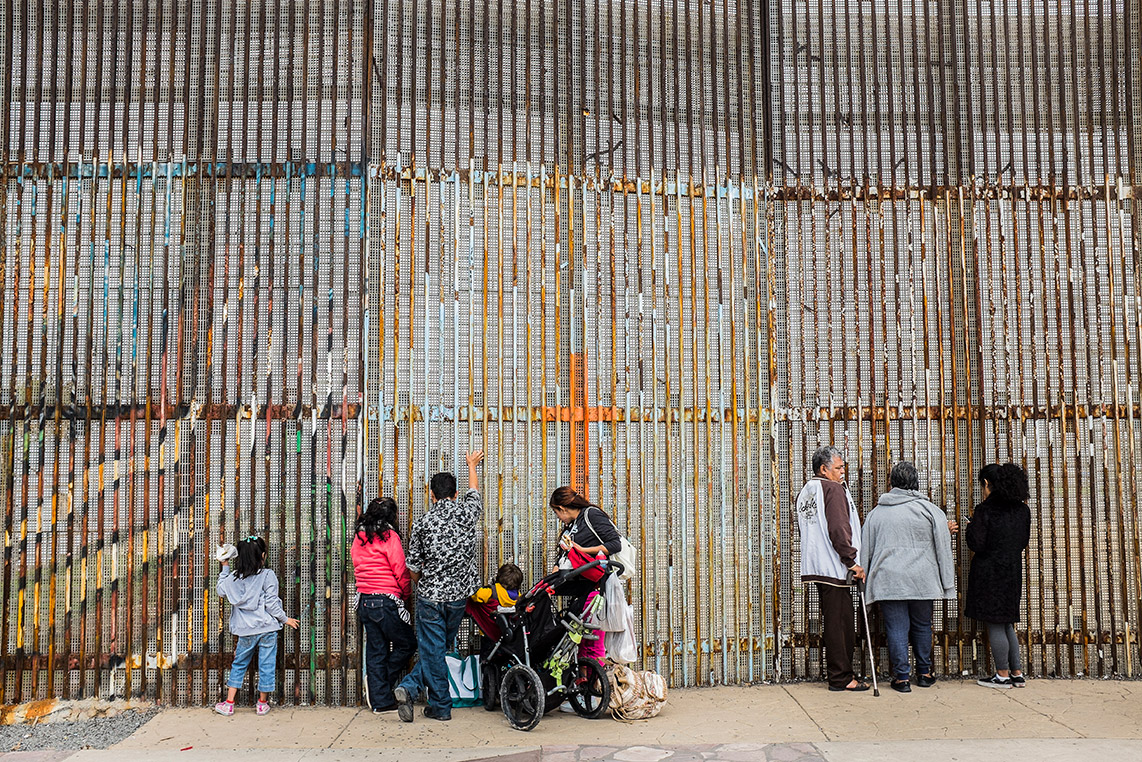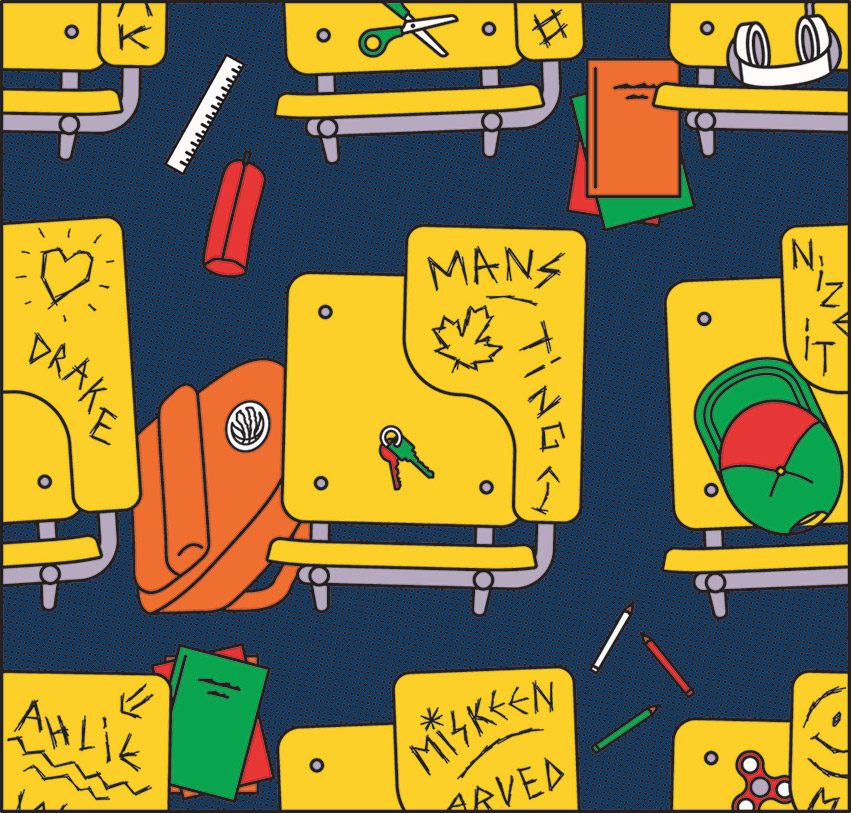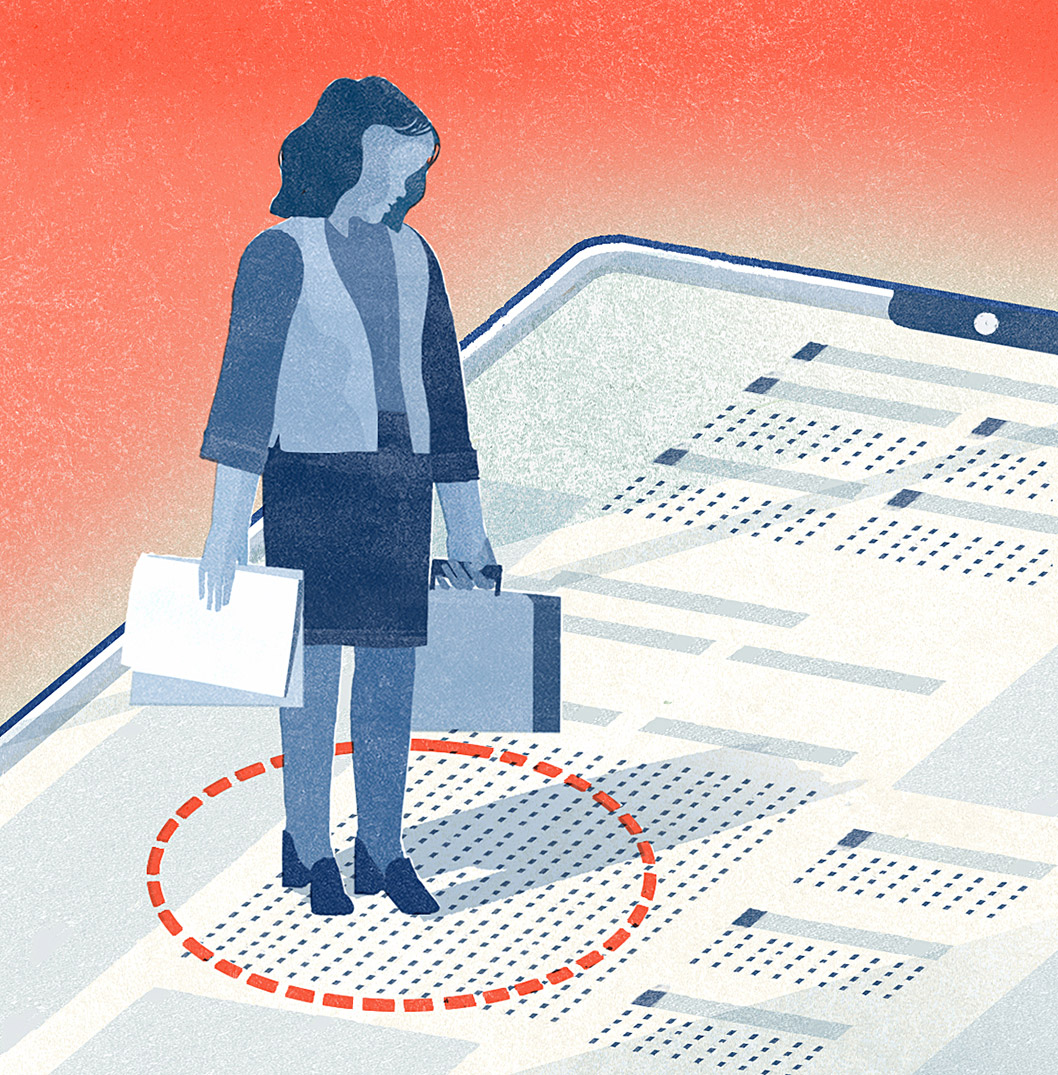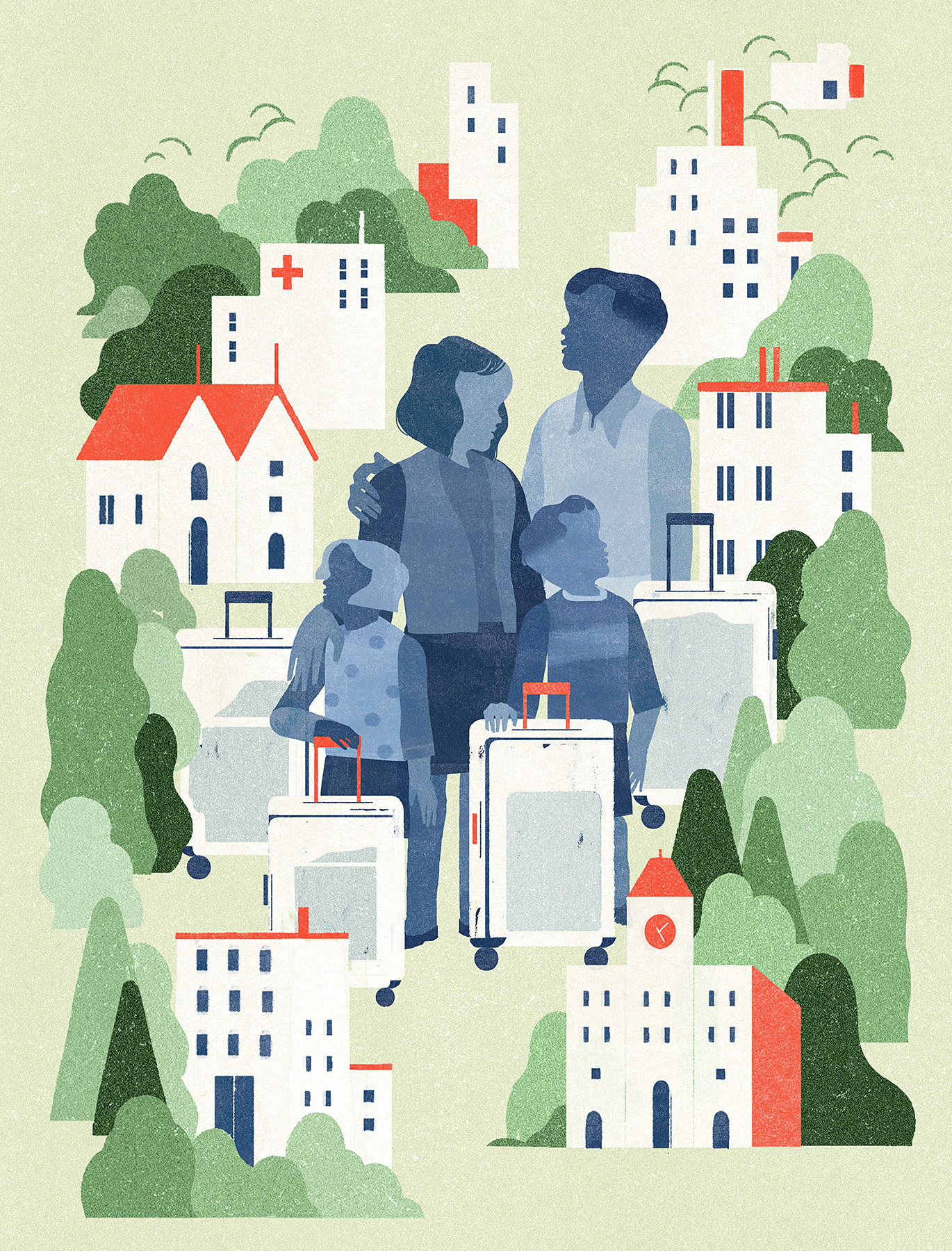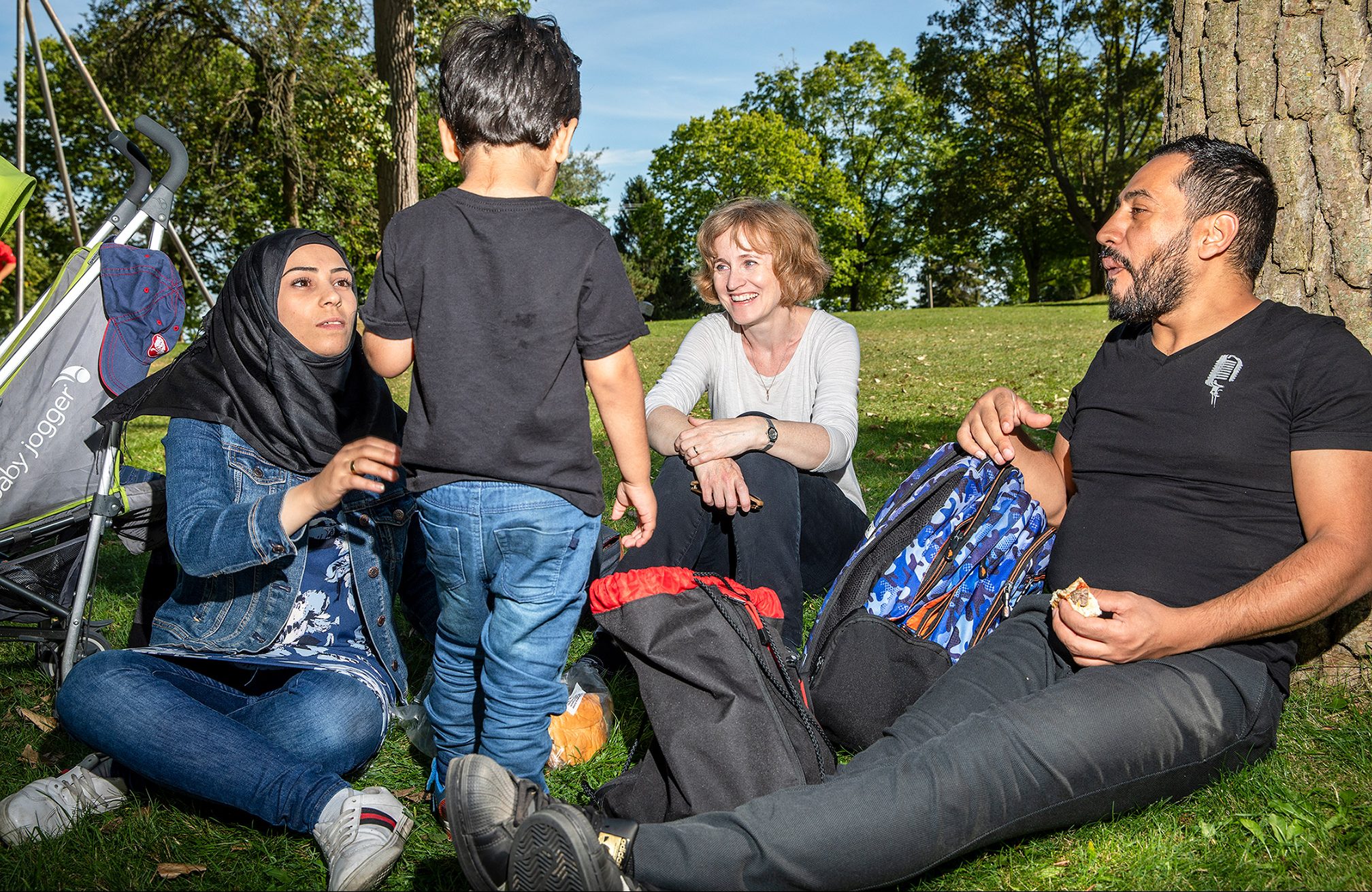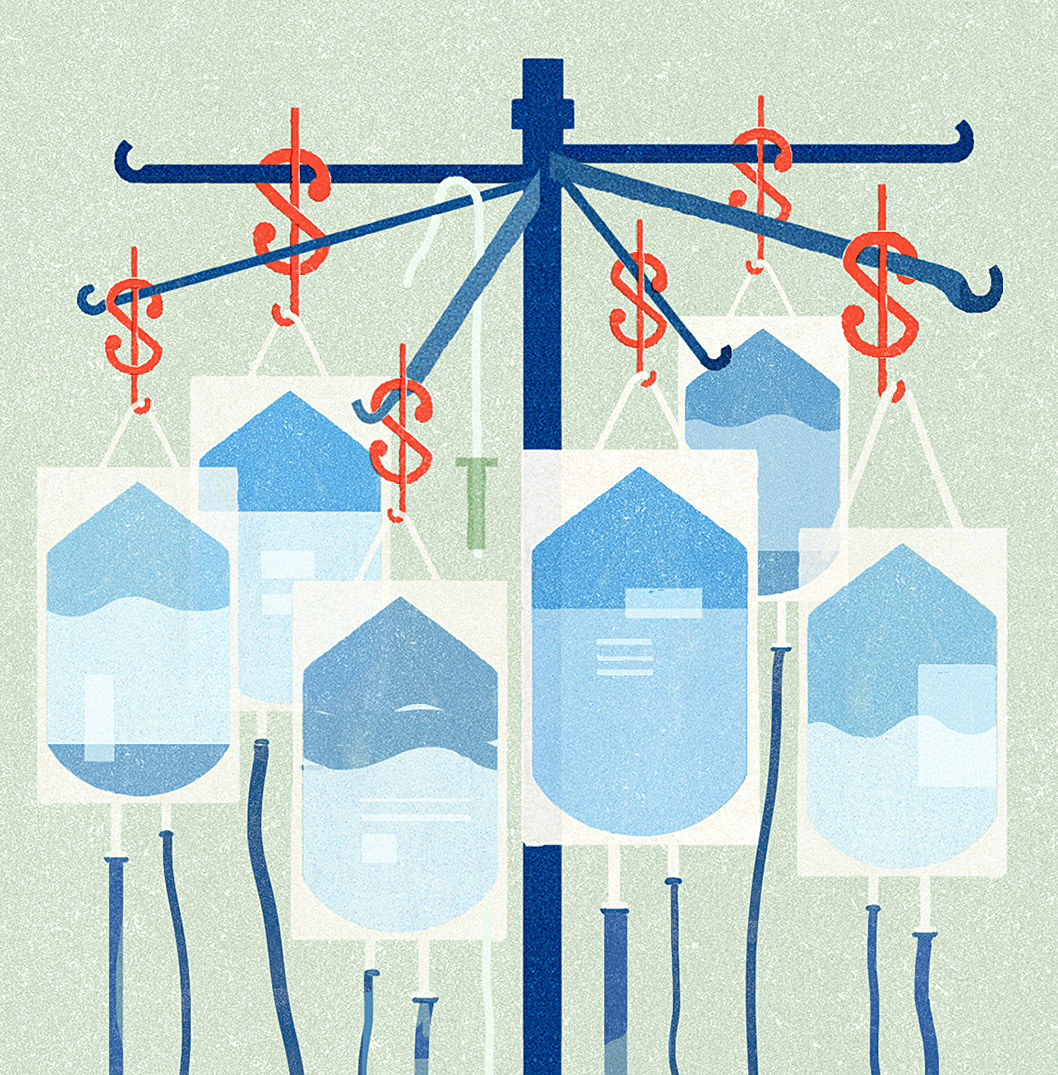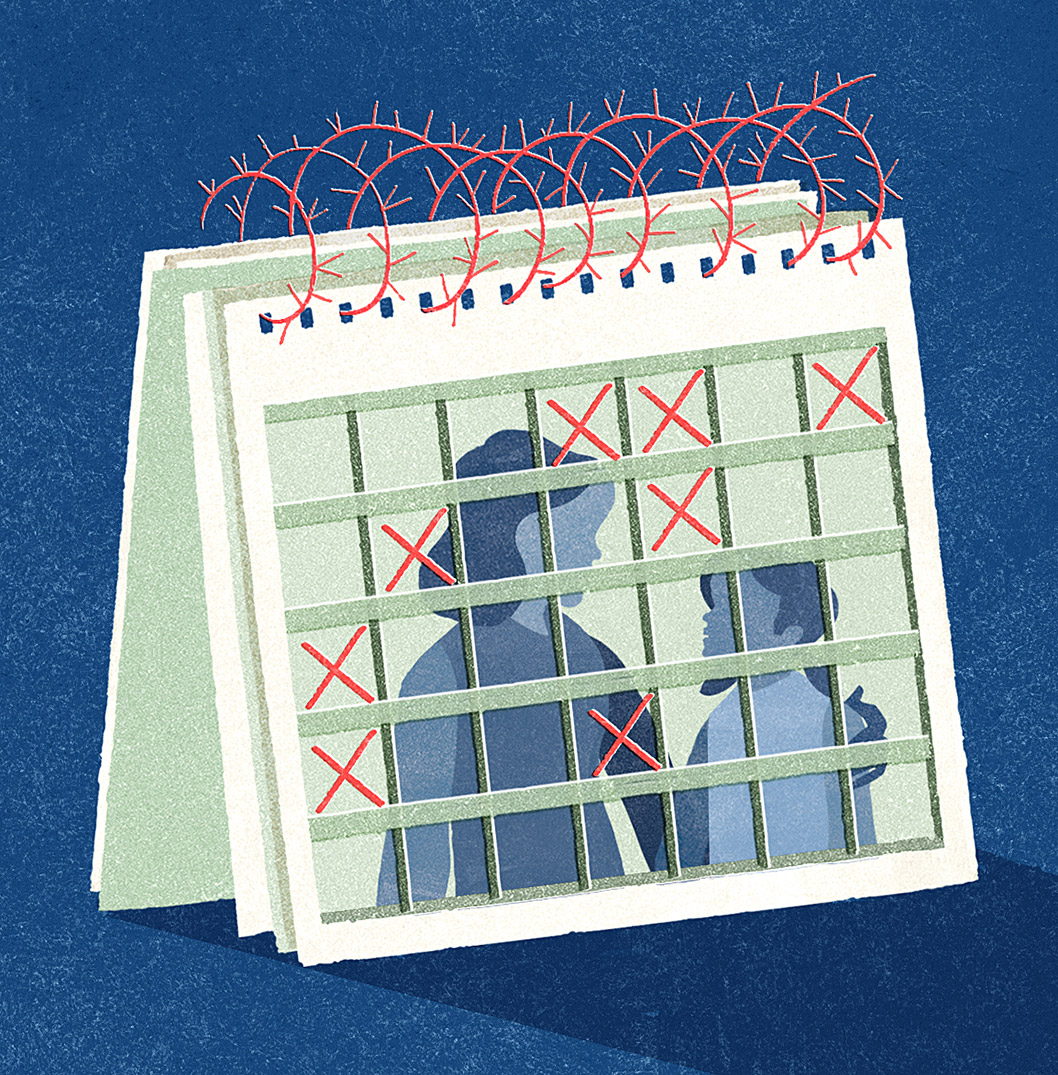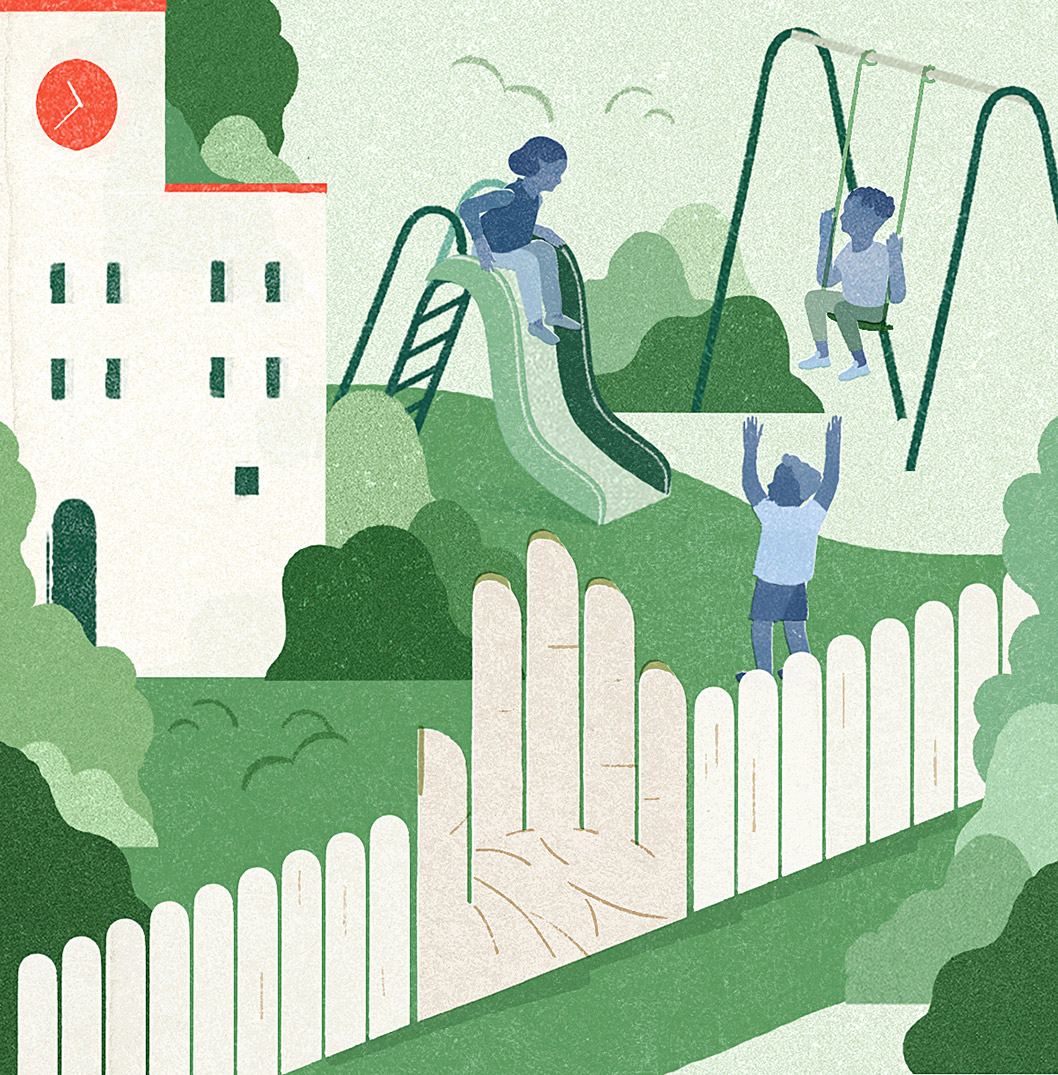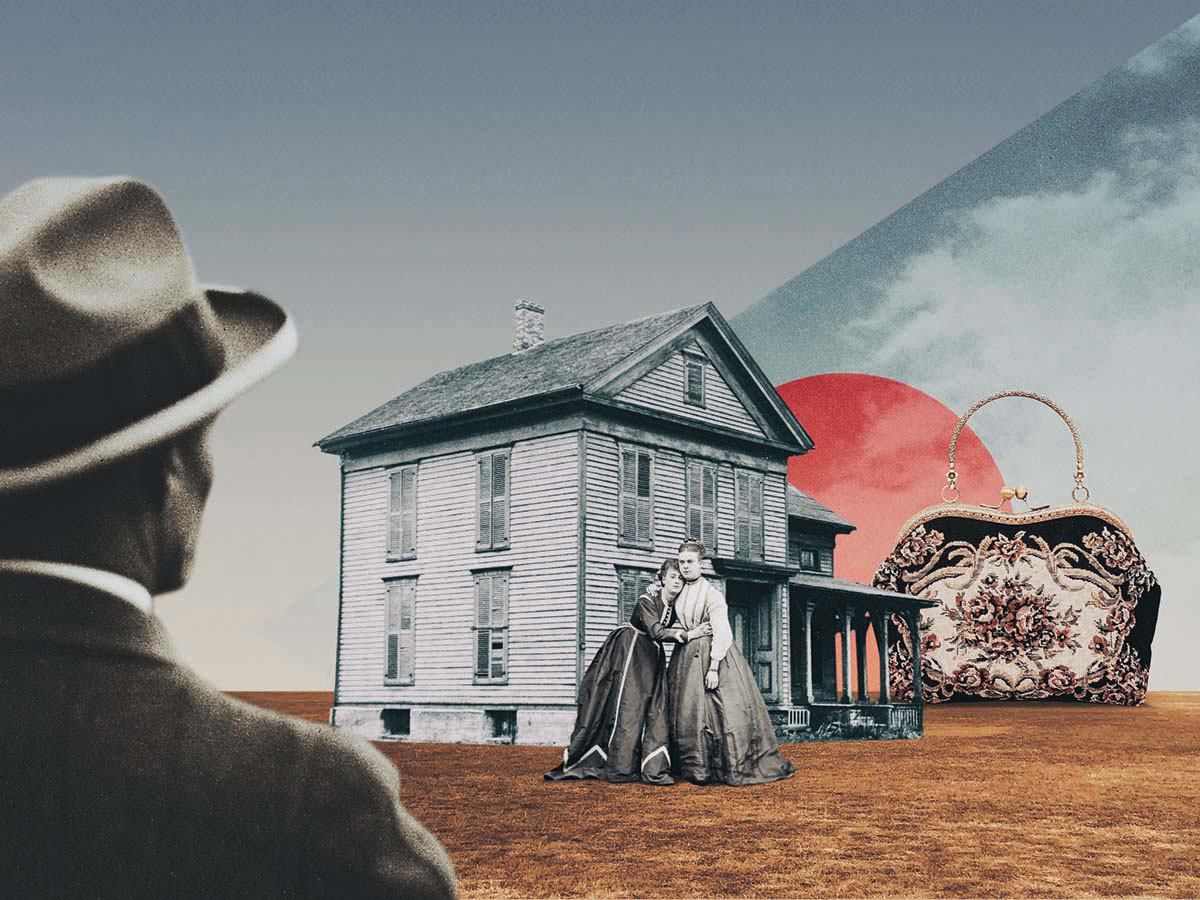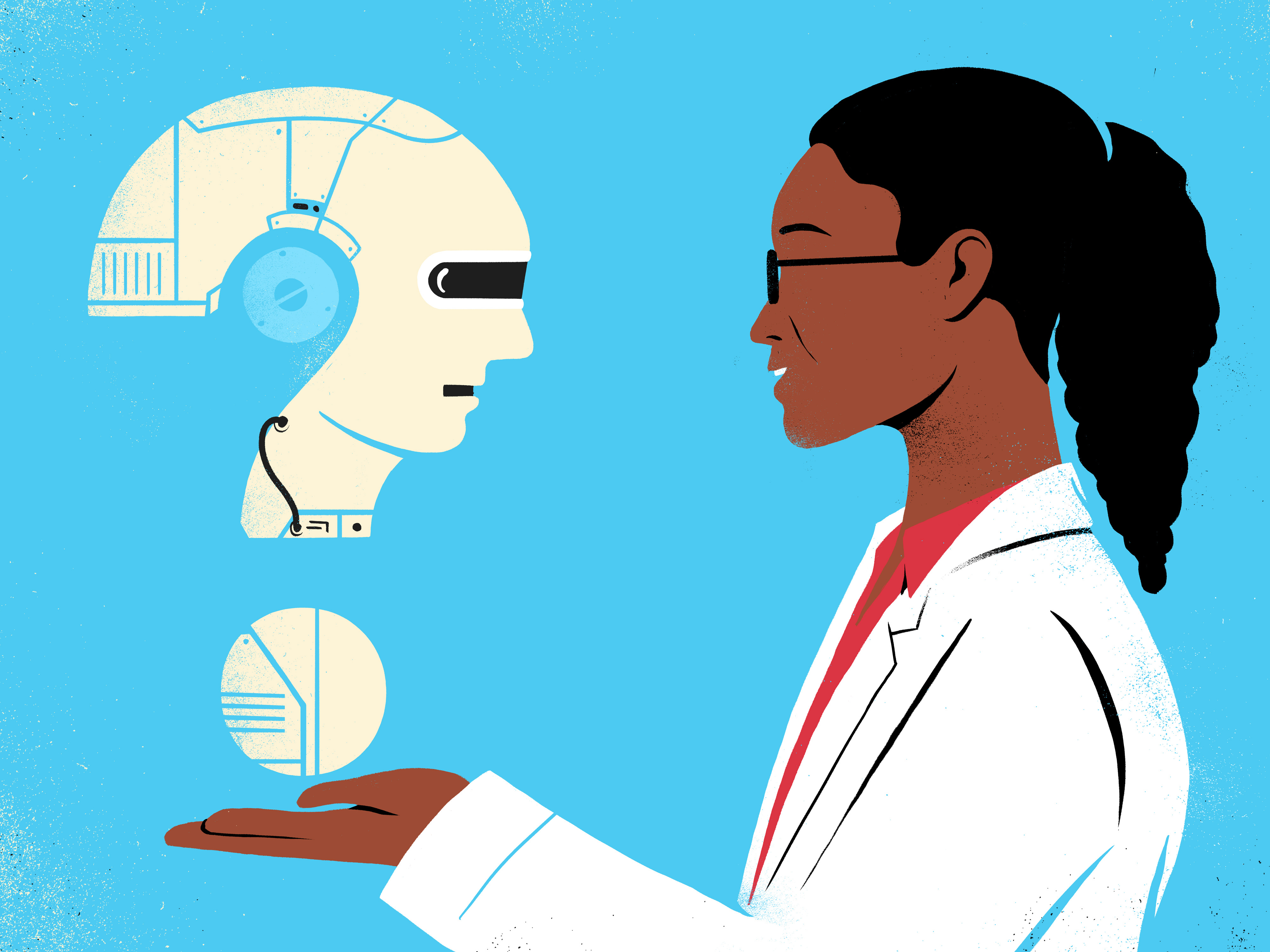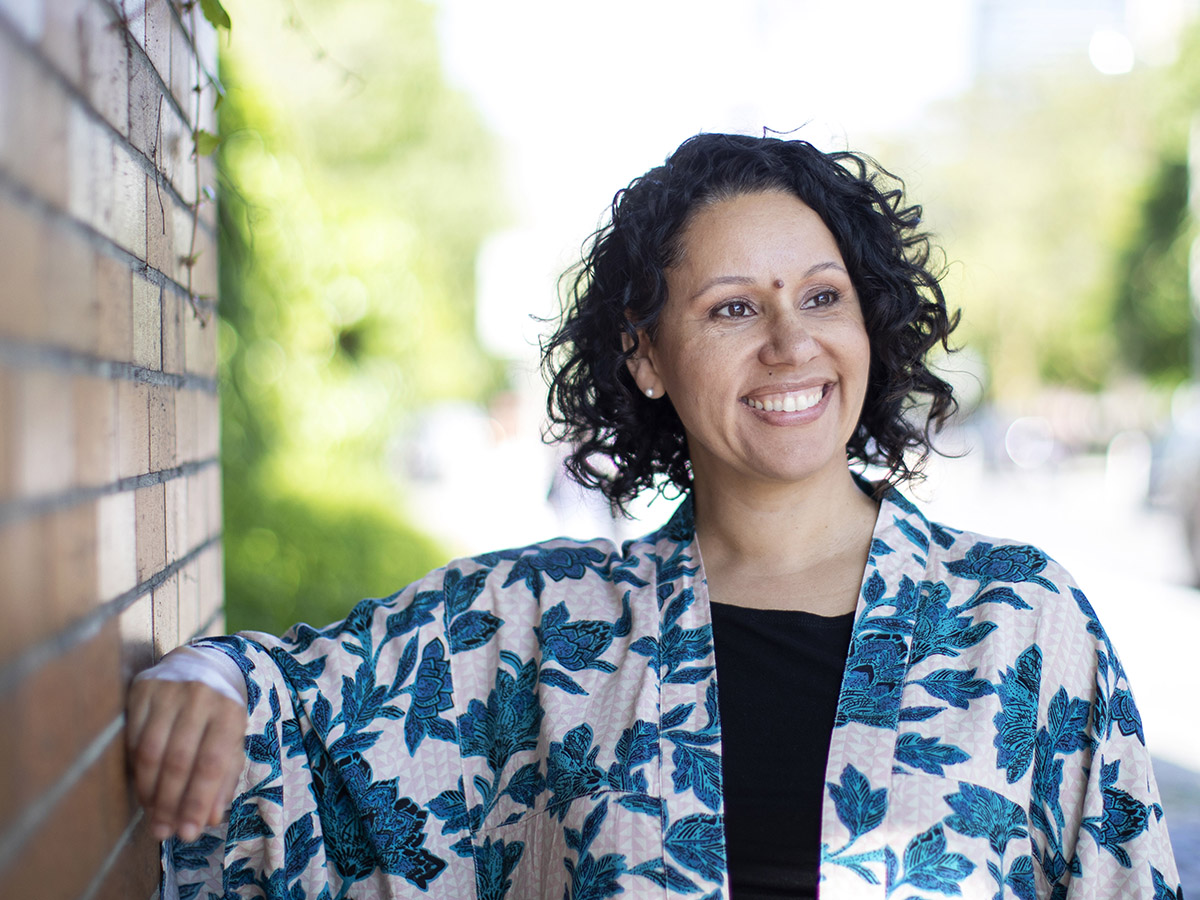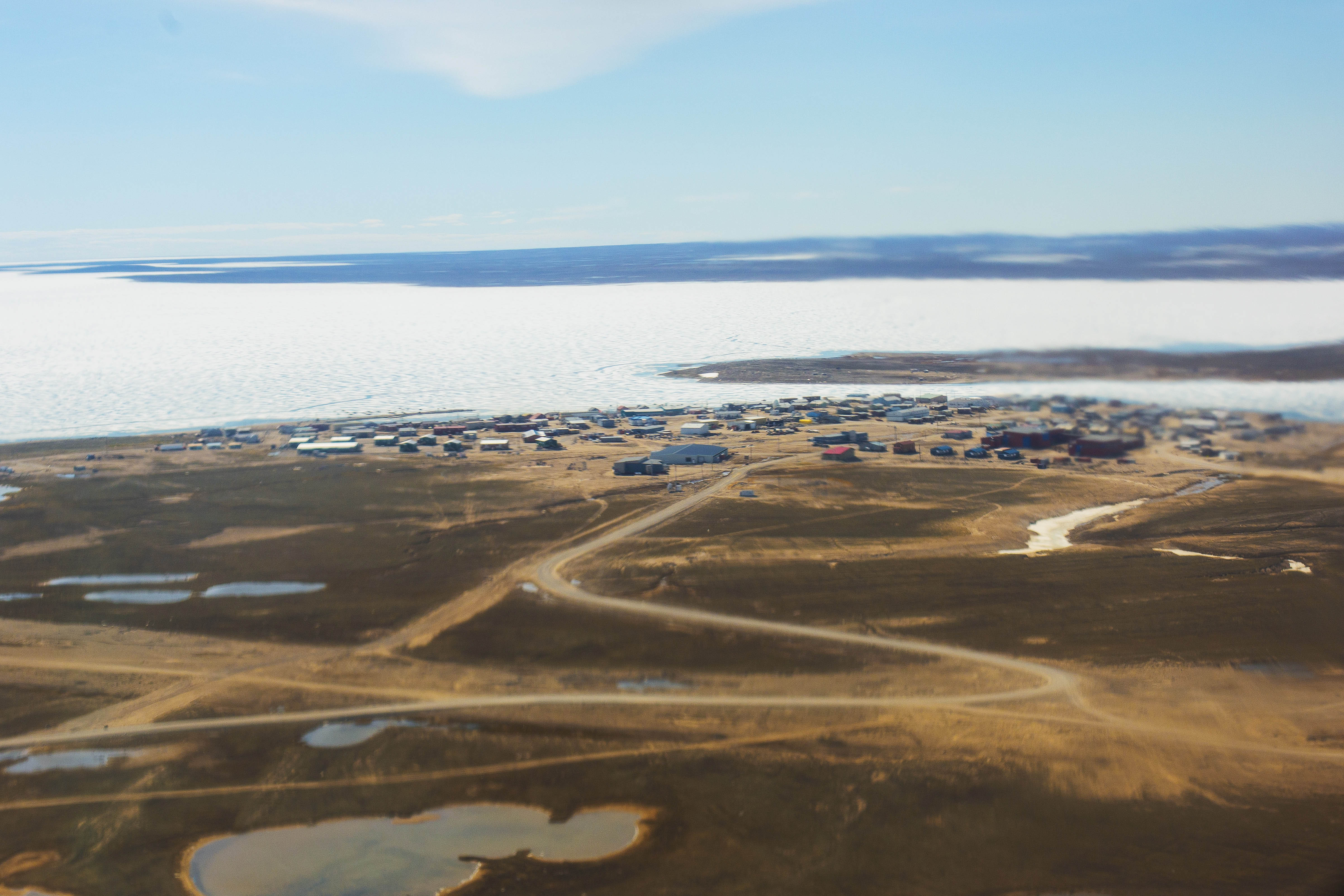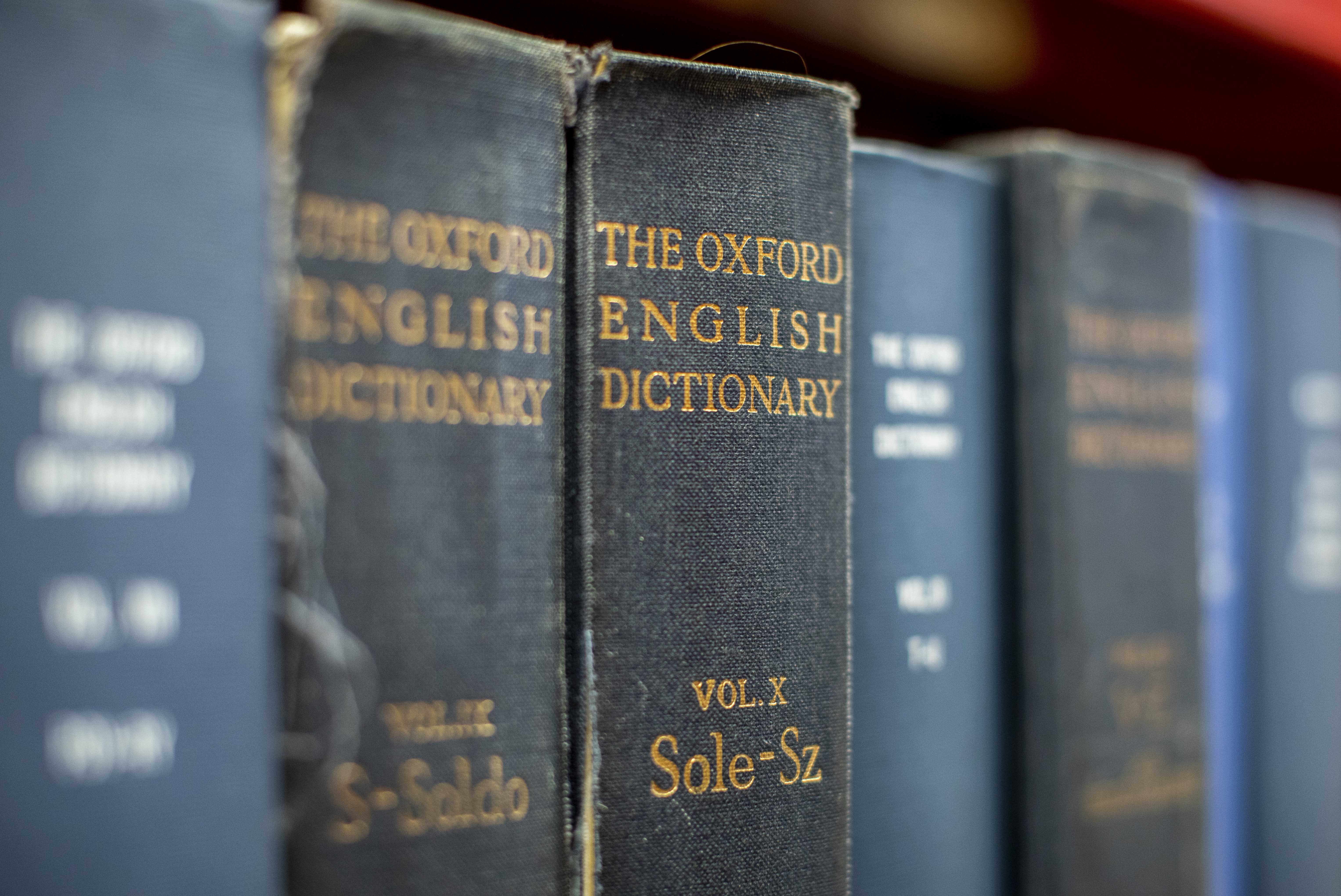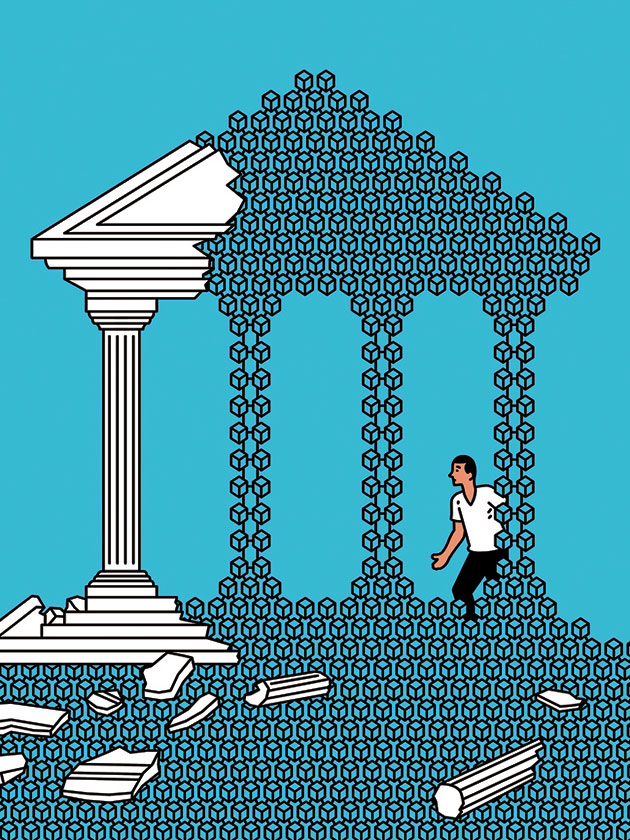A Prescription for Equality
A new medical academy at U of T Scarborough will try to close Canada’s racial health gap Read More
A new medical academy at U of T Scarborough will try to close Canada’s racial health gap Read More
U of T linguists have partnered with an Indigenous community member to bring the Munsee dialect back from the brink of extinction Read More
Social work research suggests three ways the activity boosts self-esteem Read More
A U of T initiative aims to support the creation of Black-owned businesses in the university community Read More
Prof. Alán Aspuru-Guzik is using AI and robotics to help create new, more sustainable materials in a fraction of the usual time Read More
U of T researchers are using advanced technologies to reveal new insights about texts that are hundreds of years old Read More
“Lab on a chip” technology will reduce travel expenses and improve care for those living in remote communities Read More
New technologies are difficult to regulate. With artificial intelligence, it may be time to rethink our approach, says Gillian Hadfield Read More
The world produces mountains of data every day. A new U of T institute will help us make better sense of it all Read More
Fikile Nxumalo thinks schools may be missing an important point Read More
A new U of T facility will train pharmacists to take on a larger role in Canadian health care Read More
They’re already common in manufacturing. Soon, they’ll be almost everywhere Read More
Understanding how viruses and bacteria rely on human cells to survive could reveal new ways to defeat them Read More
U of T students are collaborating with faculty on research that could improve the mental health of youth worldwide Read More
Insights from psychology and business can steer people toward better decisions – for themselves and society Read More
Electricity from renewable sources is getting cheaper, but how do we make it available to all Canadians? Read More
A U of T Scarborough biologist is using high-resolution cameras to find out Read More
Pets that were released into ponds are becoming ‘super-invaders’ that could wreak havoc with the ecosystem Read More
Too many people in Nunavut don’t get enough to eat. Anthropologist Tracey Galloway believes Inuit communities, not southern governments, have the solution Read More
How did lager become the world’s most popular beer? Read More
Student Rachel Bromberg and alum Asante Haughton are helping to create a response service for mental health crisis calls in Toronto that relies less on police Read More
A century after U of T scientists discovered the life-saving extract, researchers are finding new ways to improve the lives of people with diabetes Read More
U of T wants to drastically cut carbon emissions by 2050. It’s enlisting on-campus ingenuity for help Read More
Online disinformation poses a danger to society. Researchers at U of T’s Citizen Lab are tracking it – and trying to figure out how to stop it Read More
A U of T Mississauga study aims to identify the “secret sauce” that is helping many dining establishments stay open during the pandemic Read More
Canada could invest in a “moonshot” to recruit the world’s outstanding scientists engineers, artists and scholars Read More
How a slender, snake-like device could give doctors new ways to save lives Read More
How this tiny animal is helping scientists investigate disorders of the human brain Read More
U of T Mississauga professor Judith Andersen’s training techniques improve police performance in tense situations. The challenge: getting police to use them Read More
U of T scientists are pursuing a made-in-Canada solution to end the pandemic Read More
The Dictionary of Canadian Biography aims to record noteworthy lives from “all points of view.” Six decades into its mission, what that means is still up for debate Read More
How do you talk about a family shattered by trauma? Read More
Technology gave rise to the current problems, but technology alone won’t solve them Read More
It could help us build a more equitable society, says alum John Mighton Read More
It turns out “talking back” has benefits Read More
Smart thermostats and other building sensors could help reduce energy use by 10 per cent, a U of T study finds. Full retrofits could go much further Read More
A new BMO-supported lab at U of T investigates the creative potential for AI in the arts Read More
There is a steep personal cost to caregiving, from chronic stress to physical injury. How can we help those who minister to family and friends? Read More
U of T scientists have created a cell-by-cell map of the human liver that could increase the success of transplant surgery and lead to new treatments for liver disease Read More
A growing number of city-dwellers live in condos – and now high schools, theatres and daycares are taking up residence there, too, creating benefits for everyone Read More
By bringing artificial intelligence into chemistry, Prof. Aspuru-Guzik aims to vastly shrink the time it takes to develop new drugs – and almost everything else Read More
A Toronto startup with roots at U of T hopes to catch the next big wave in computing Read More
Prof. Leah Cowen’s lab aims to understand how C. auris works and how to stop it Read More
Three suggestions for maintaining a healthy relationship with technology Read More
Lines on a map confer advantages on some and exclude others. This serves political needs, but is it morally just? Read More
Youth are drawing from several languages spoken by the city’s immigrants to create a novel form of English Read More
Migrants are determined to find jobs, but face systemic barriers Read More
Toronto calls itself a sanctuary city. What does this mean in practice? Read More
Canada’s program of private refugee sponsorship has been held up as a model for the world. Could it be even better? Read More
What happens when someone with precarious immigration status needs emergency care? Read More
Toronto’s housing crunch affects many residents, but newcomers with few resources are especially vulnerable Read More
When it comes to who can be detained, and for how long, there is much discretion Read More
Toronto schools aim to provide a safe space for children, regardless of citizenship status. But there are flaws that need to be addressed Read More
How a brothel-keeper in 1880s Edmonton crossed the law – and won Read More
Canada’s commitment to multiculturalism could help it lead the world in creating more ethical machines Read More
Prof. Karina Vernon shares the untold stories of Black people on the Canadian Prairies Read More
A U of T study examines ways to improve care and reduce the sense of isolation for Inuit patients in Canada’s Far North Read More
Canadian meanings of “soaker” and “bush party” don’t exist in the Oxford English Dictionary. A U of T linguistics prof is aiming to change that Read More
Blockchain has the potential to transform financial transactions. This could spell trouble for banks and other institutional go-betweens Read More
Explore


